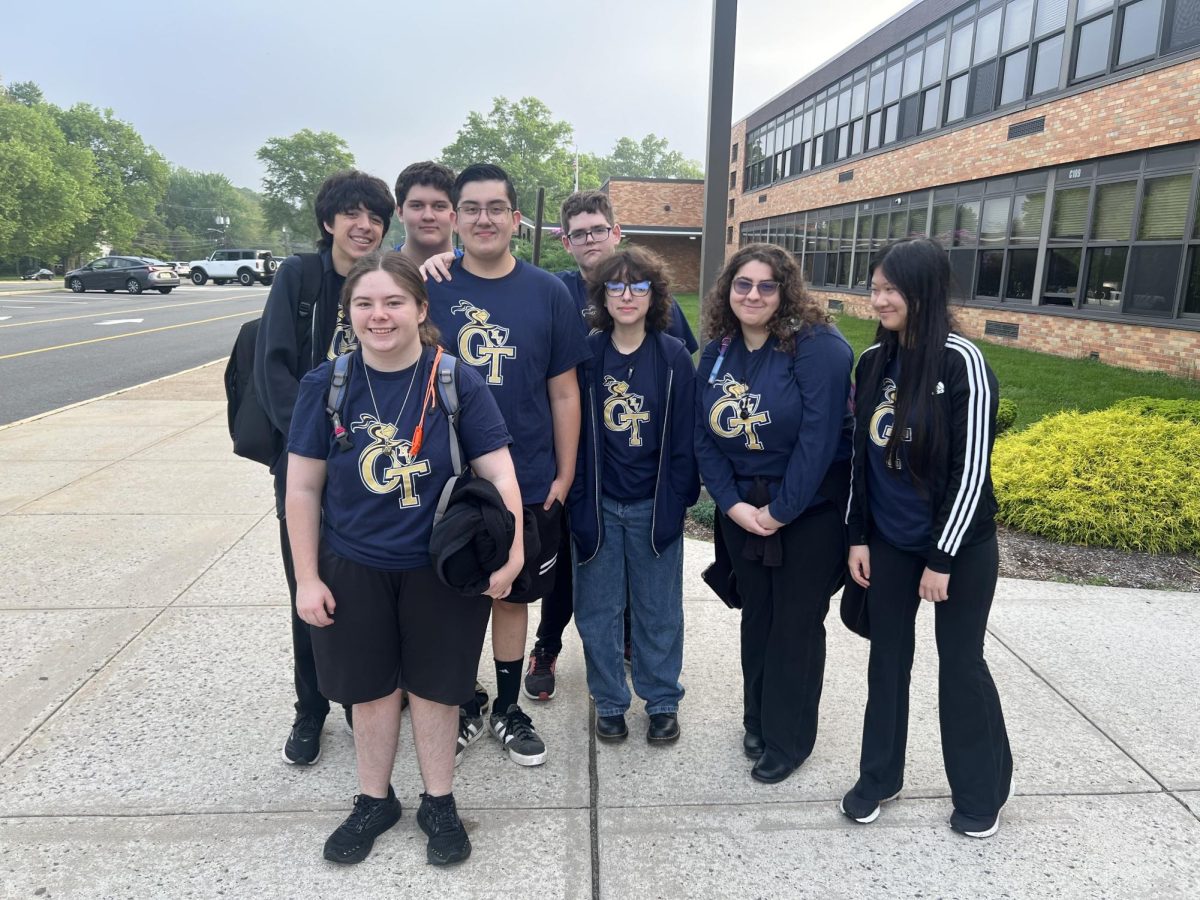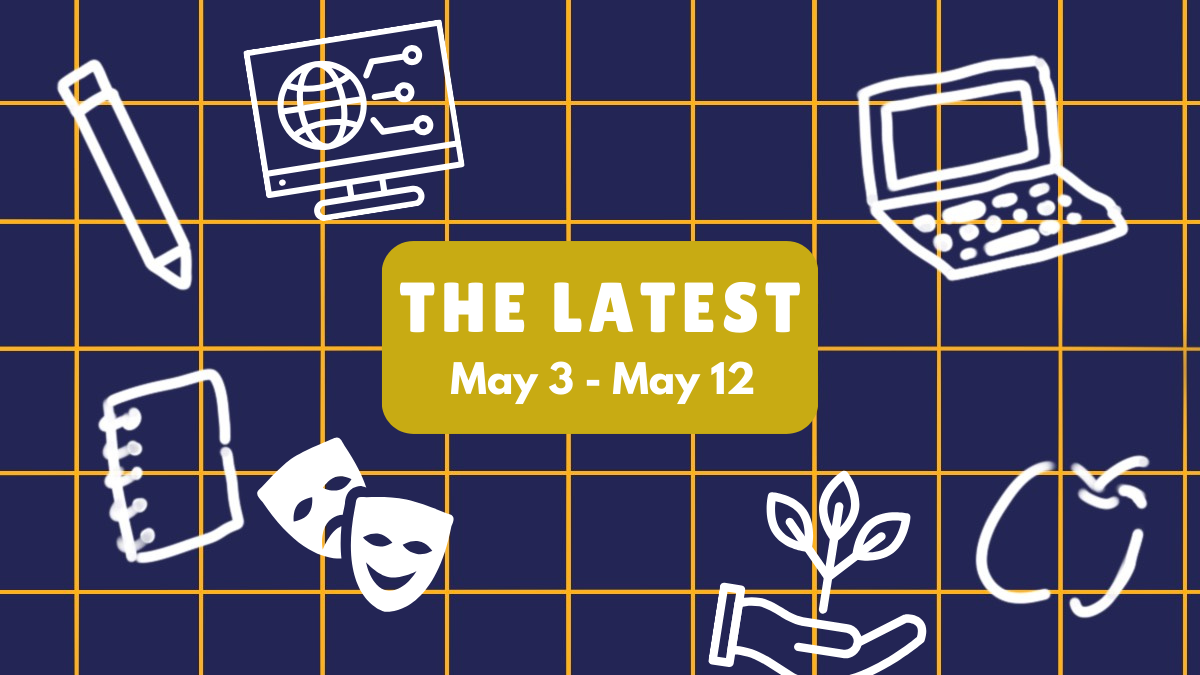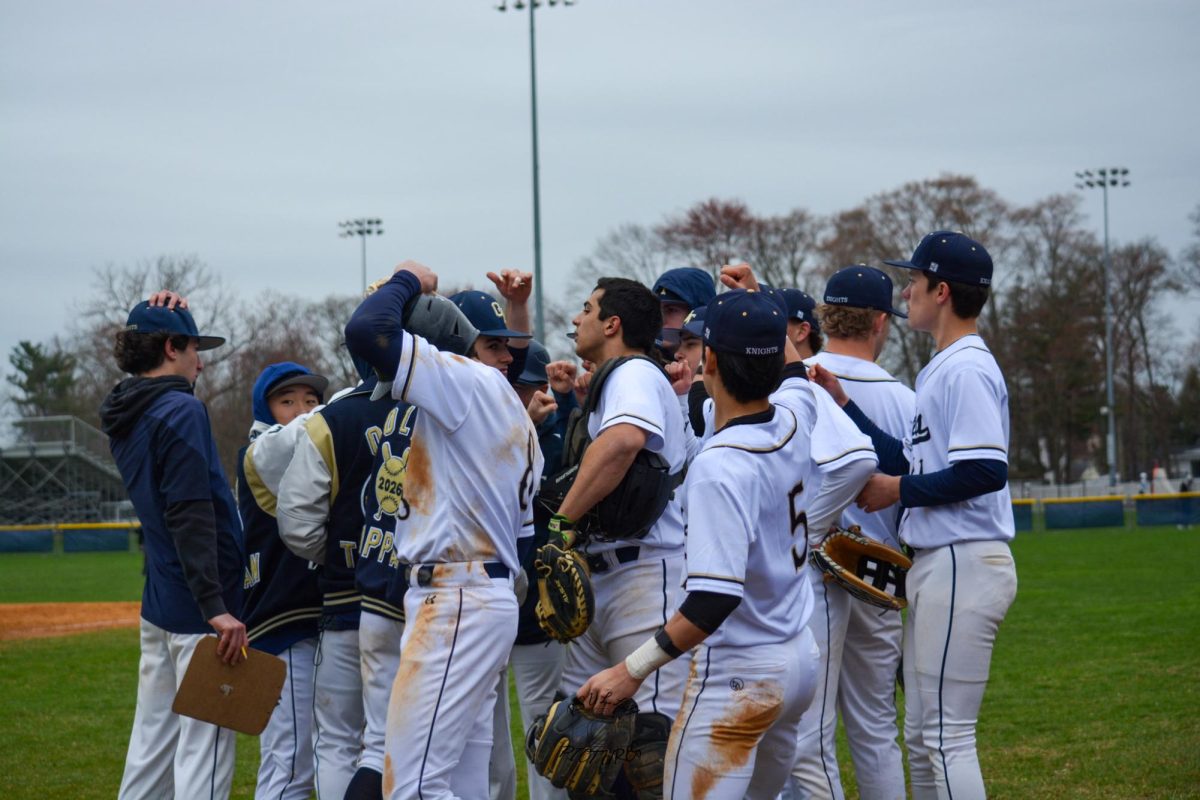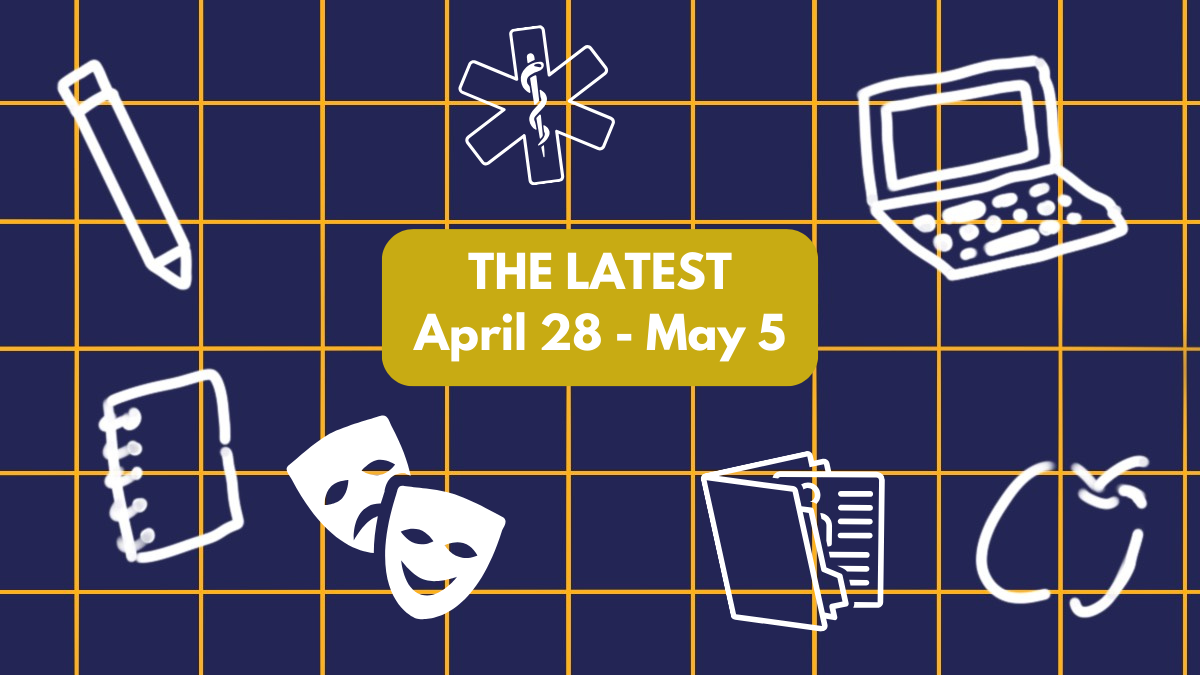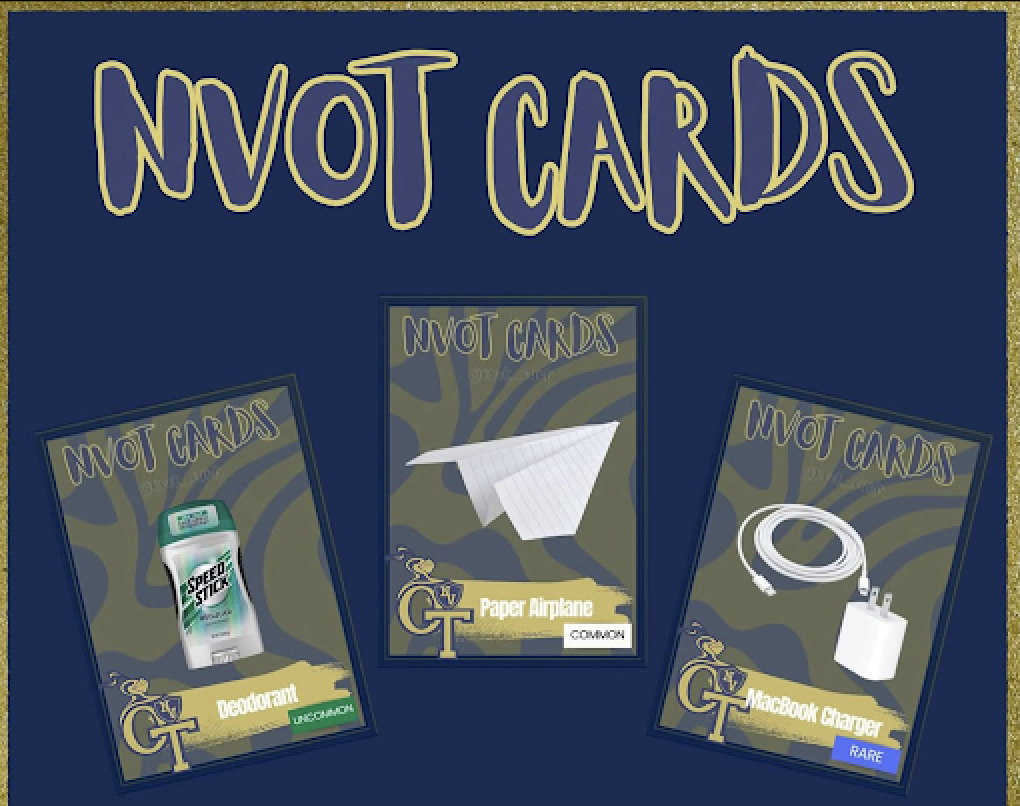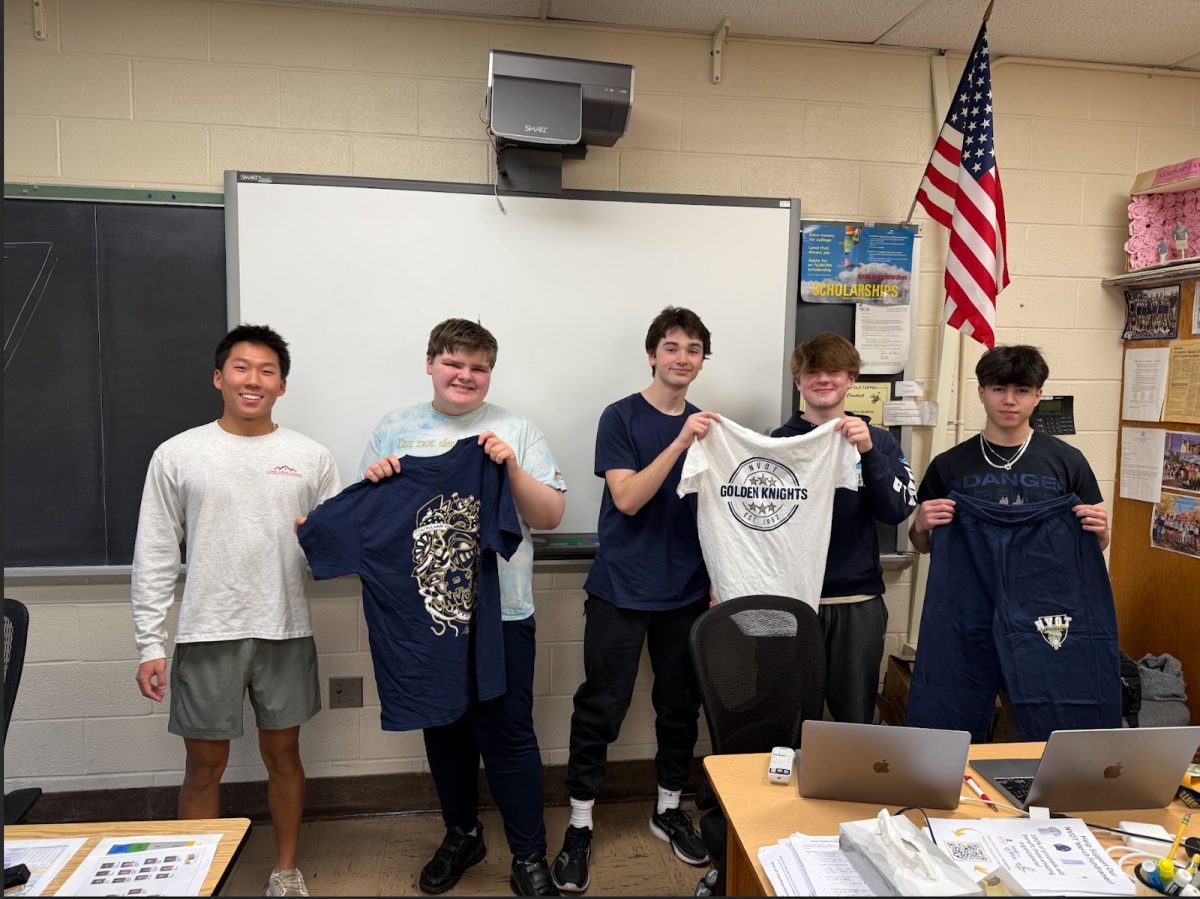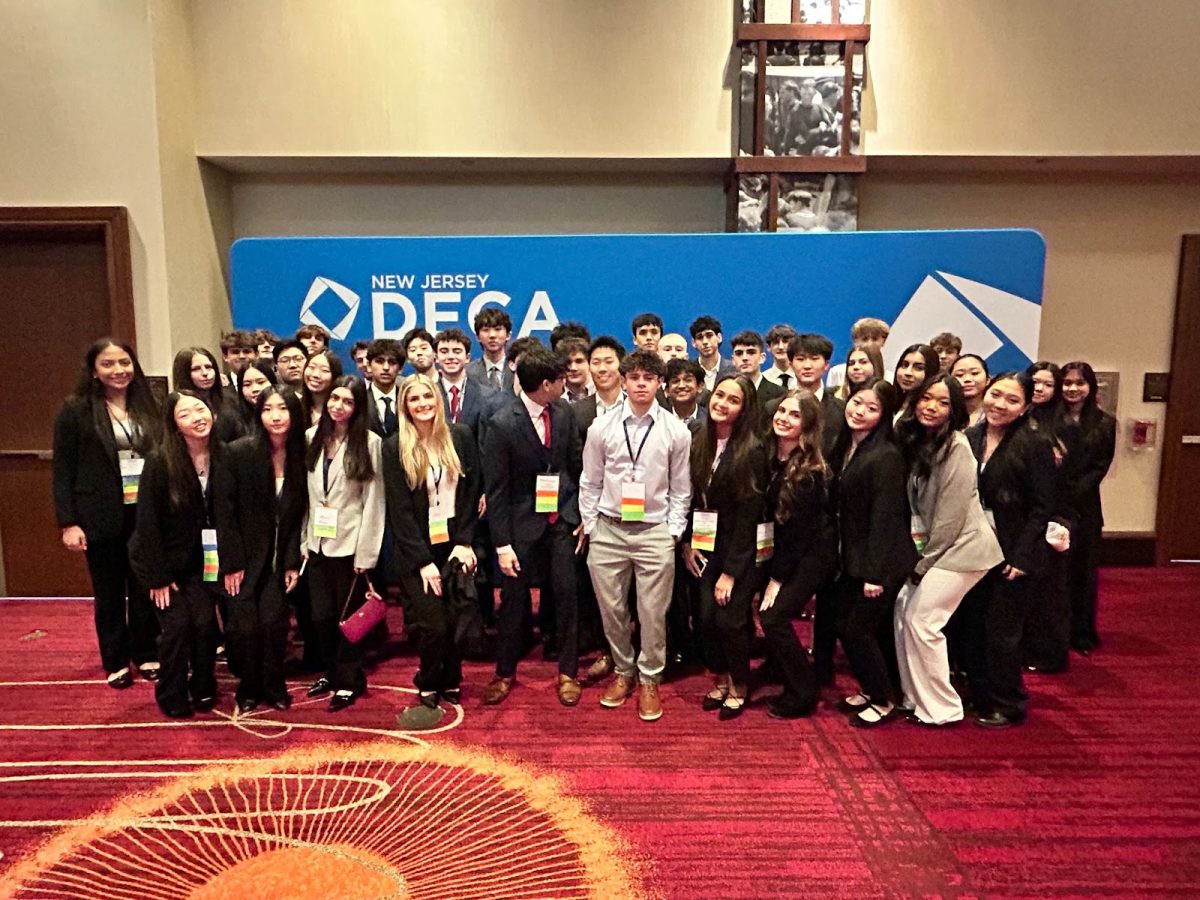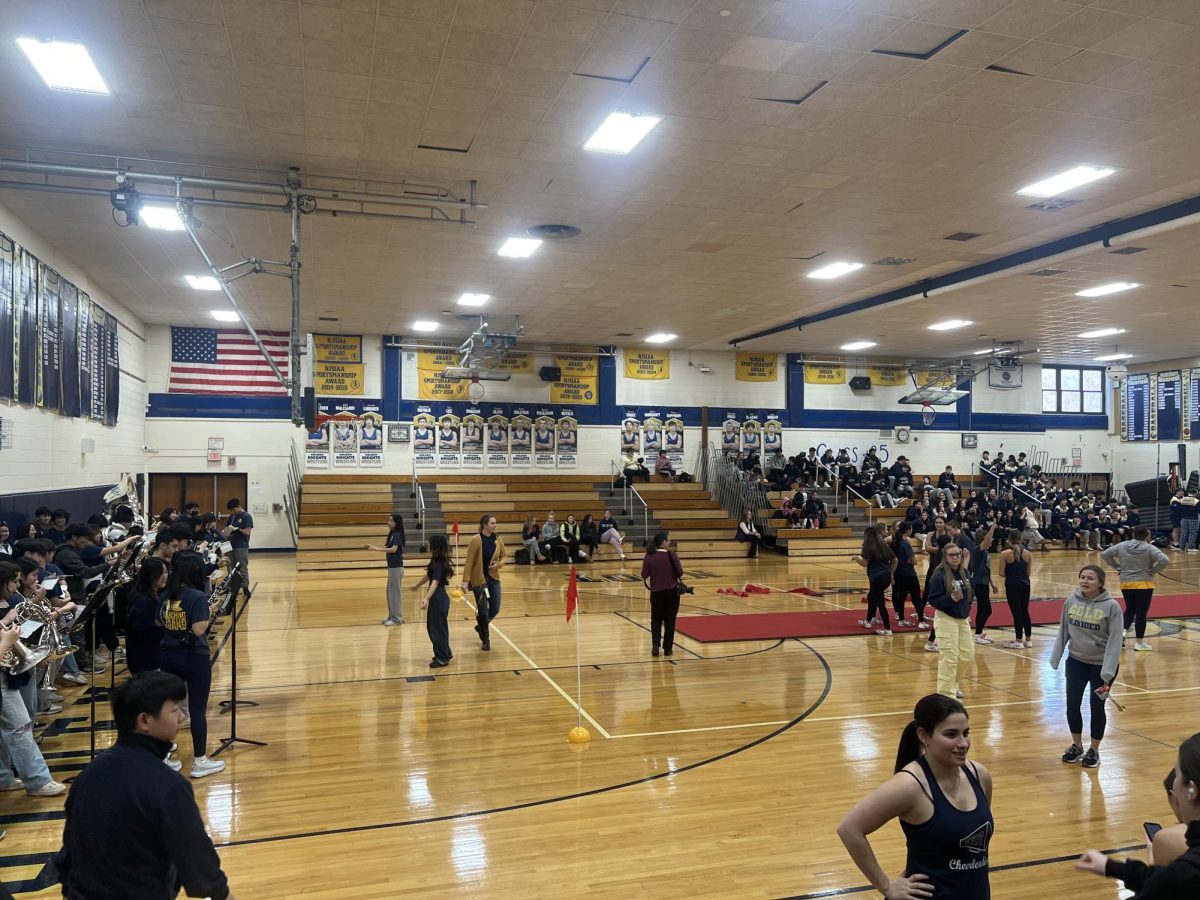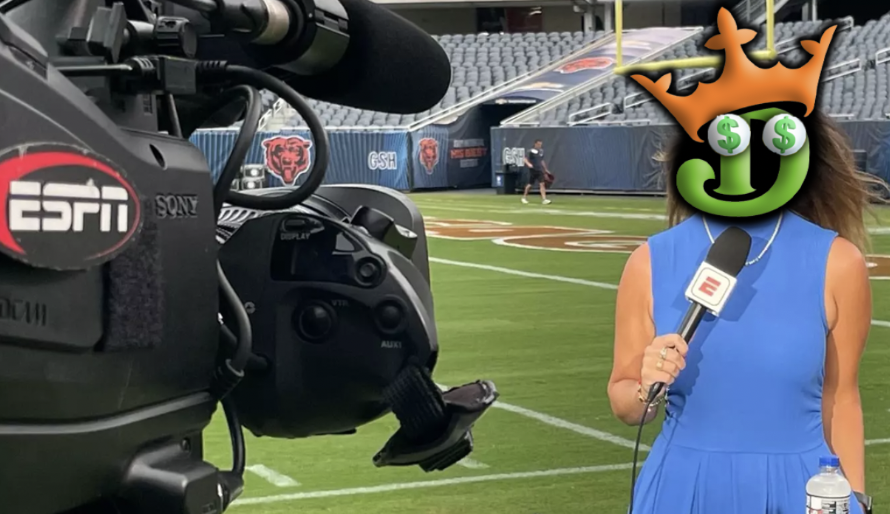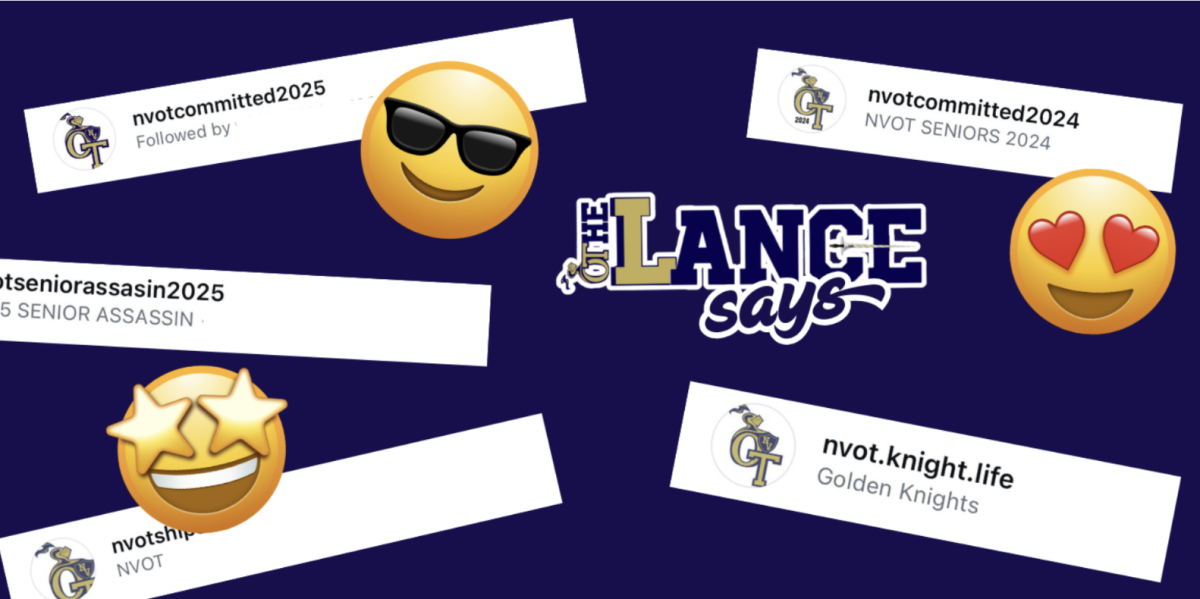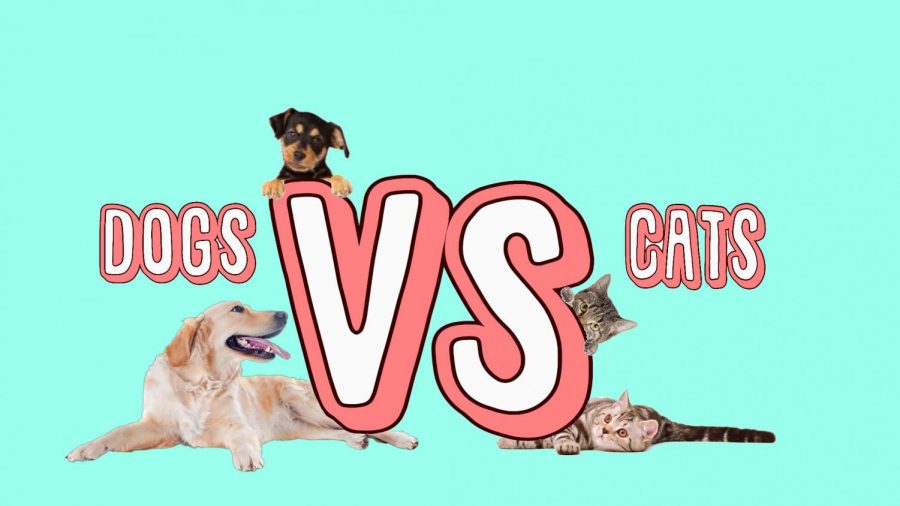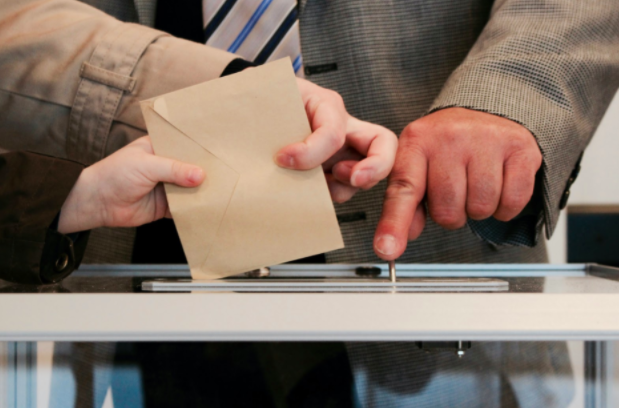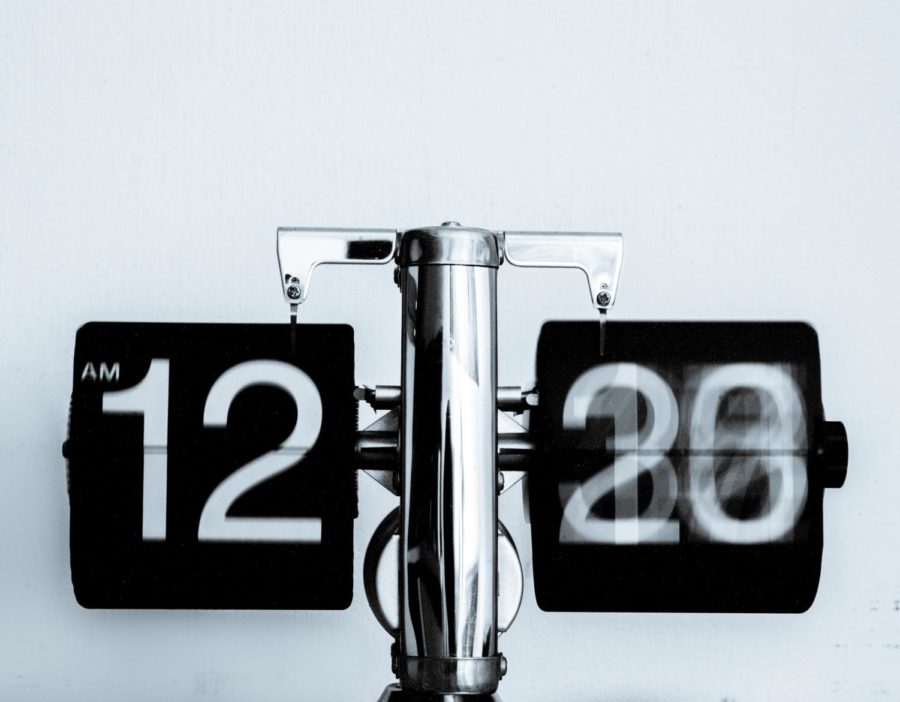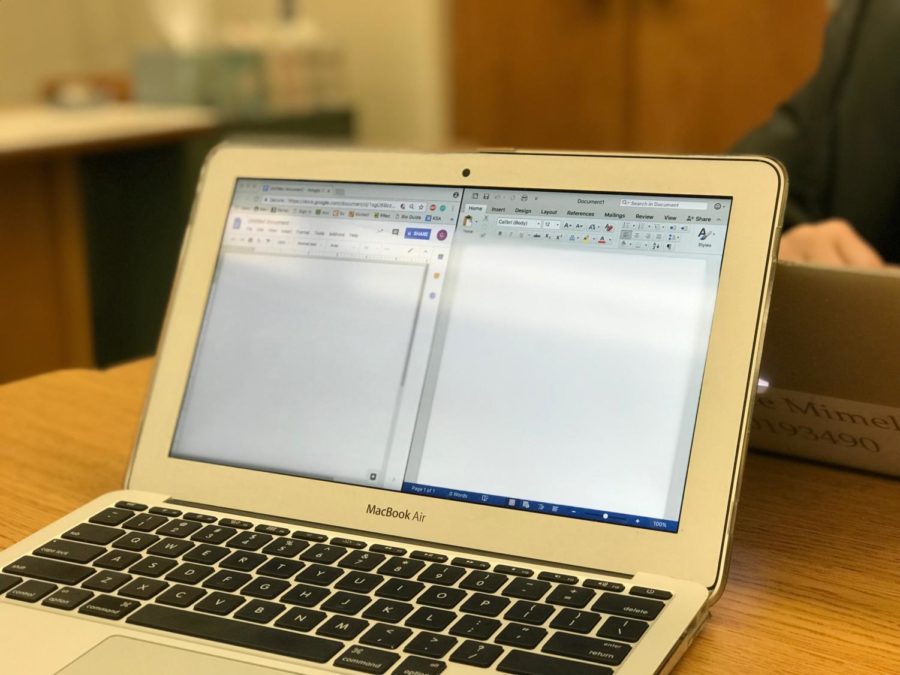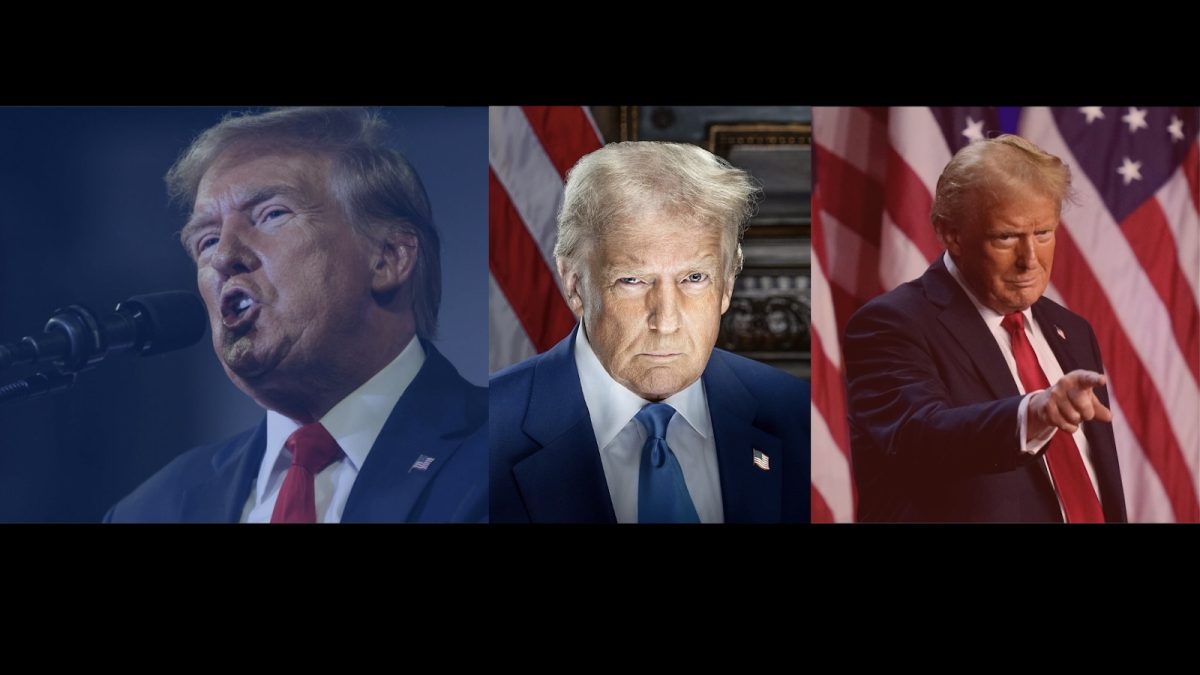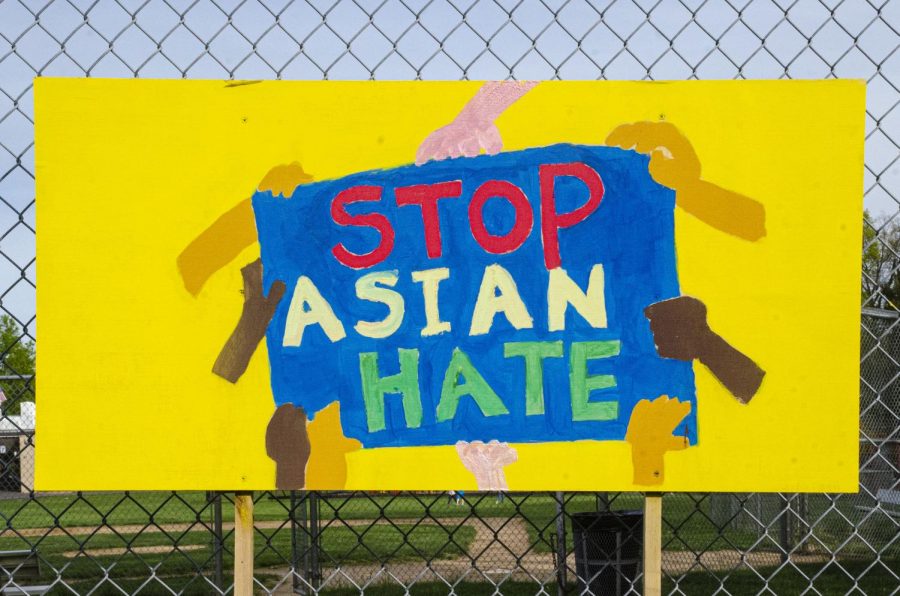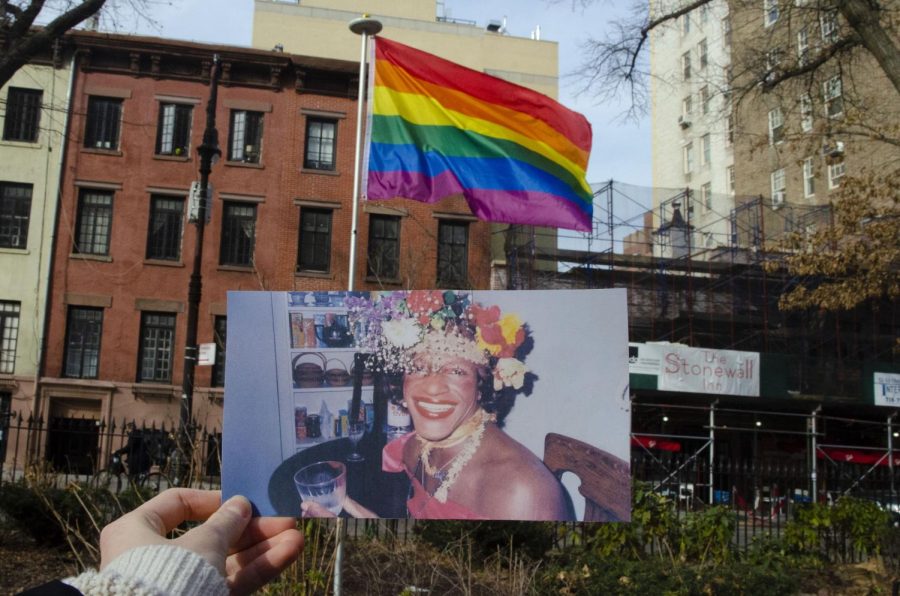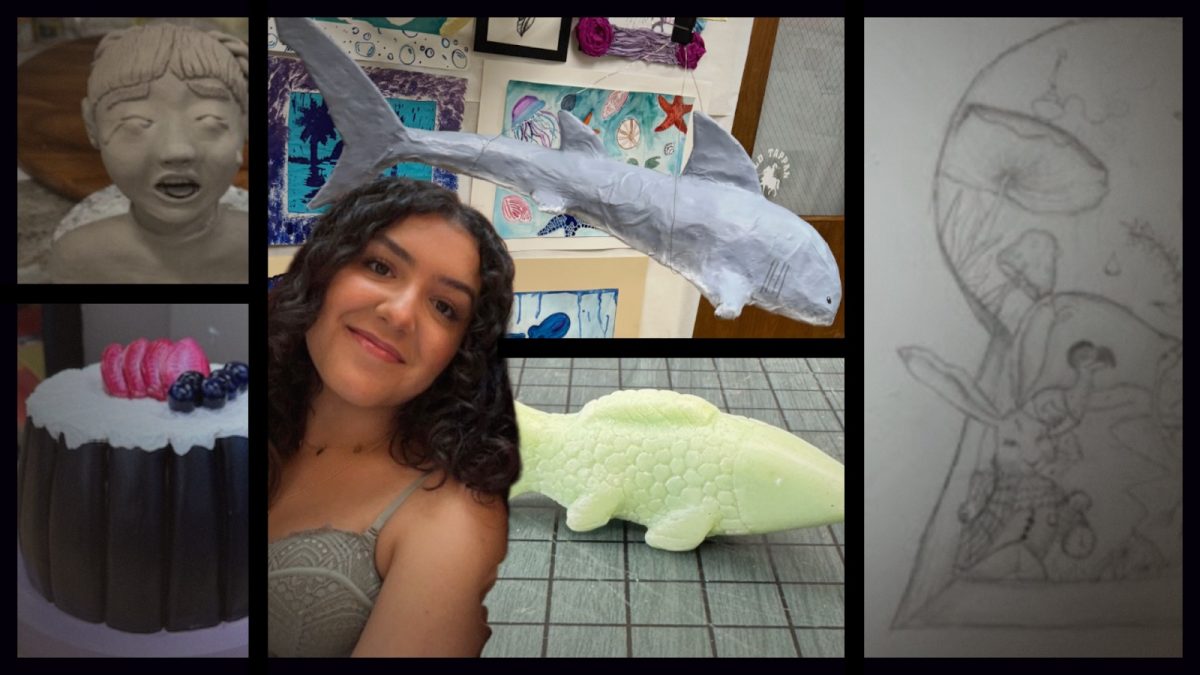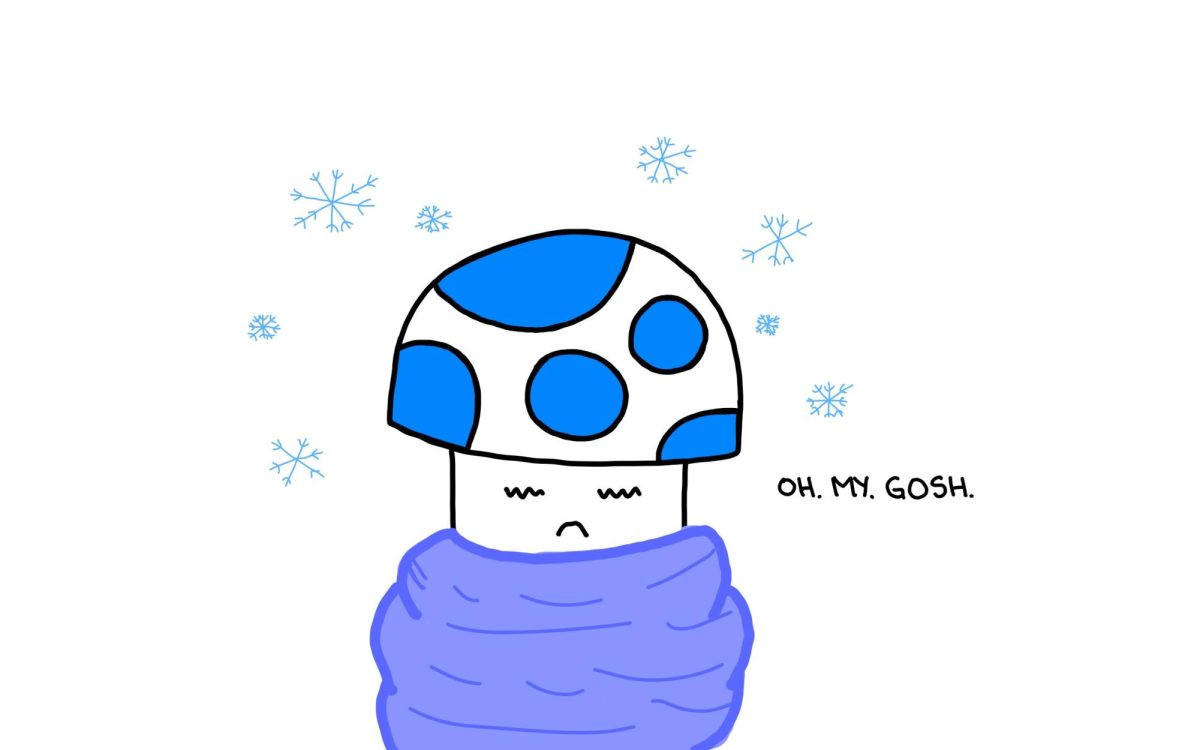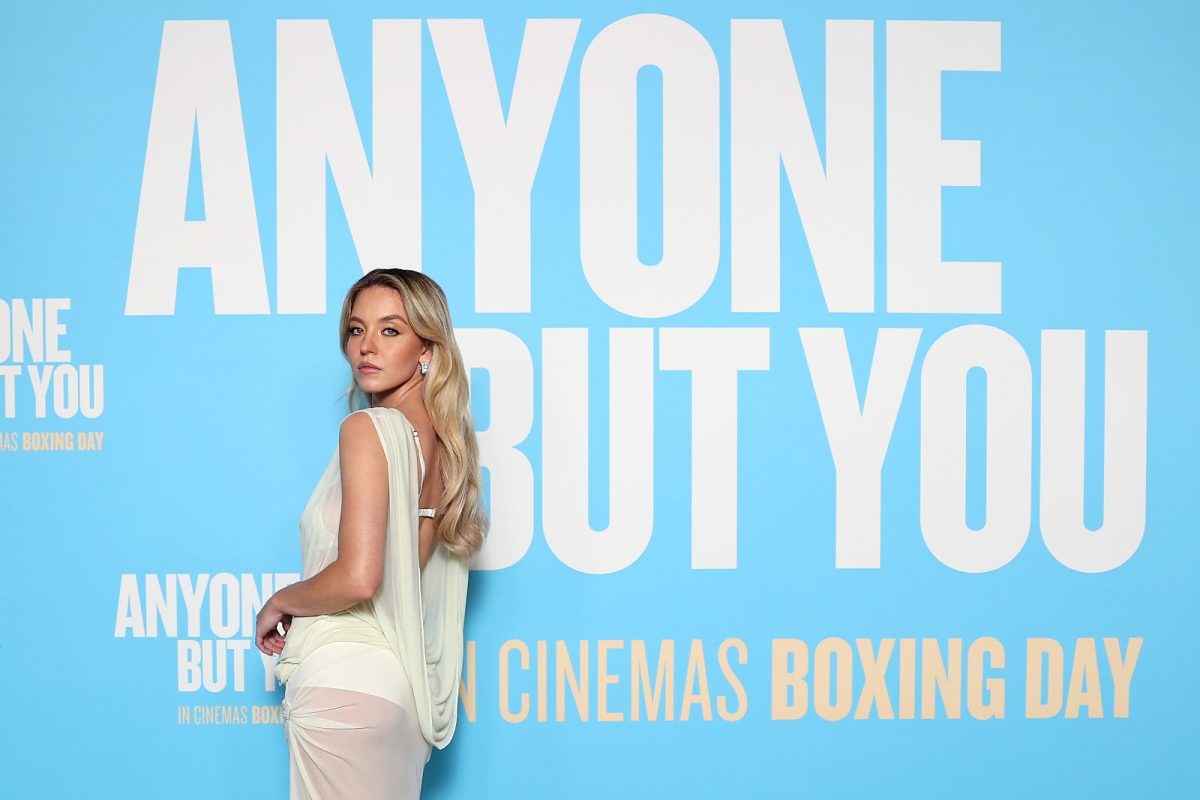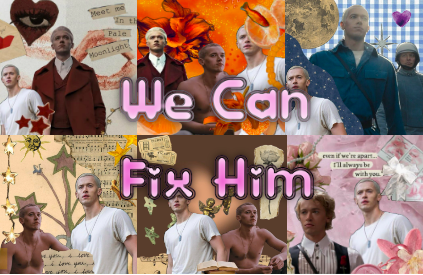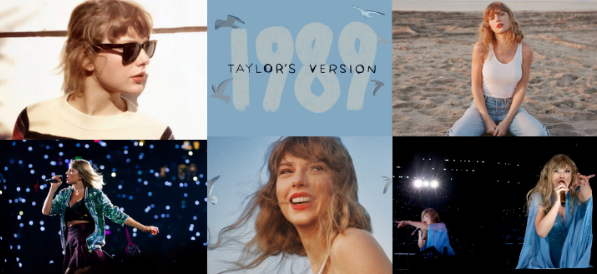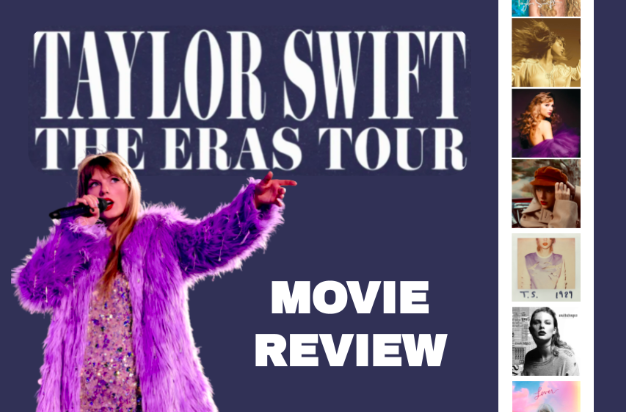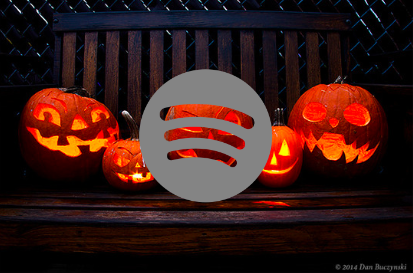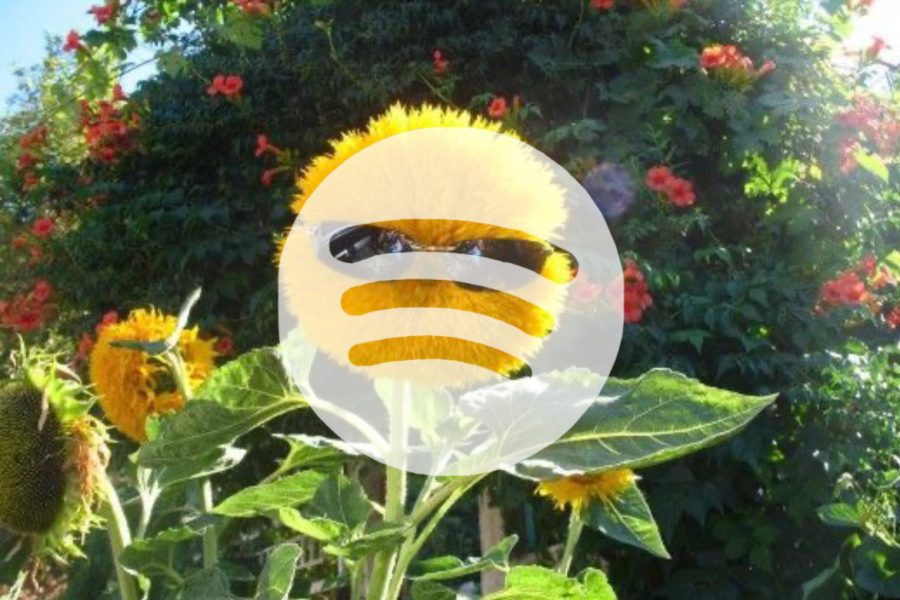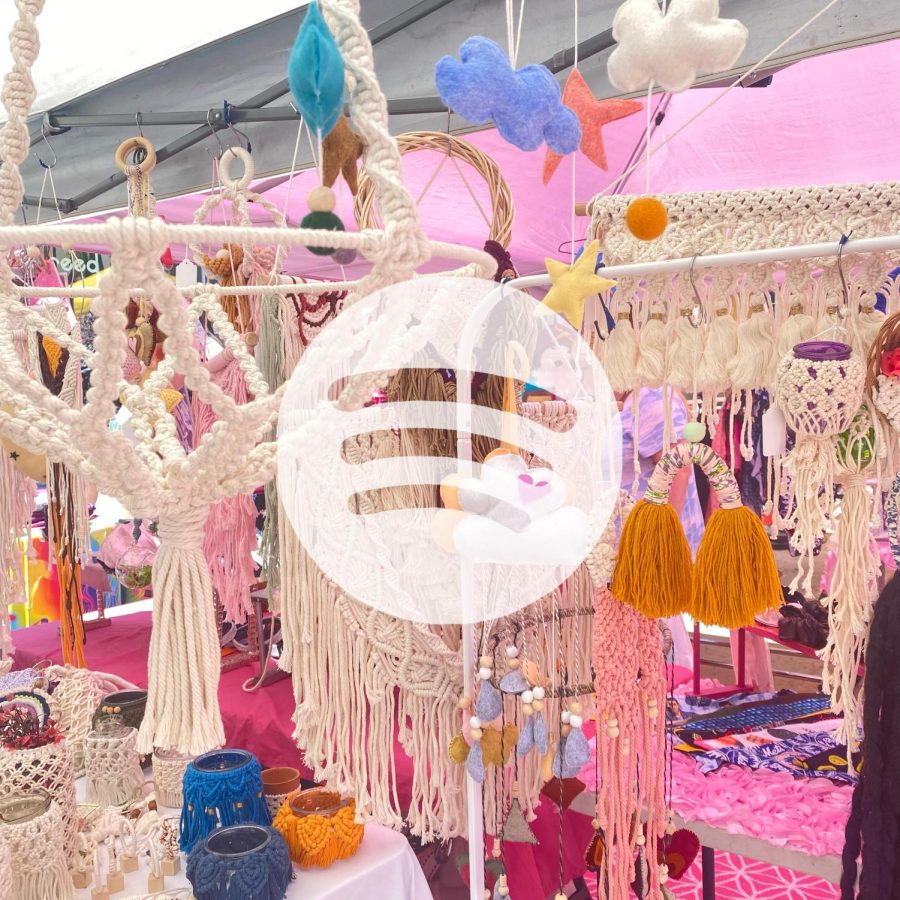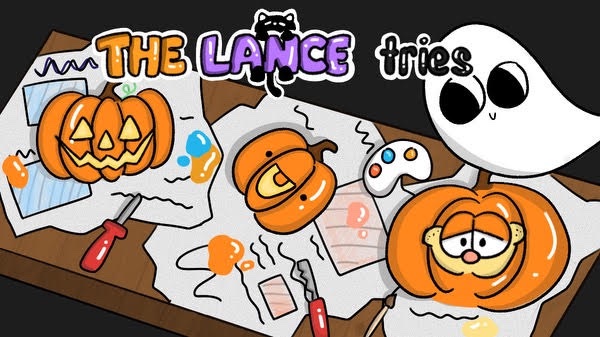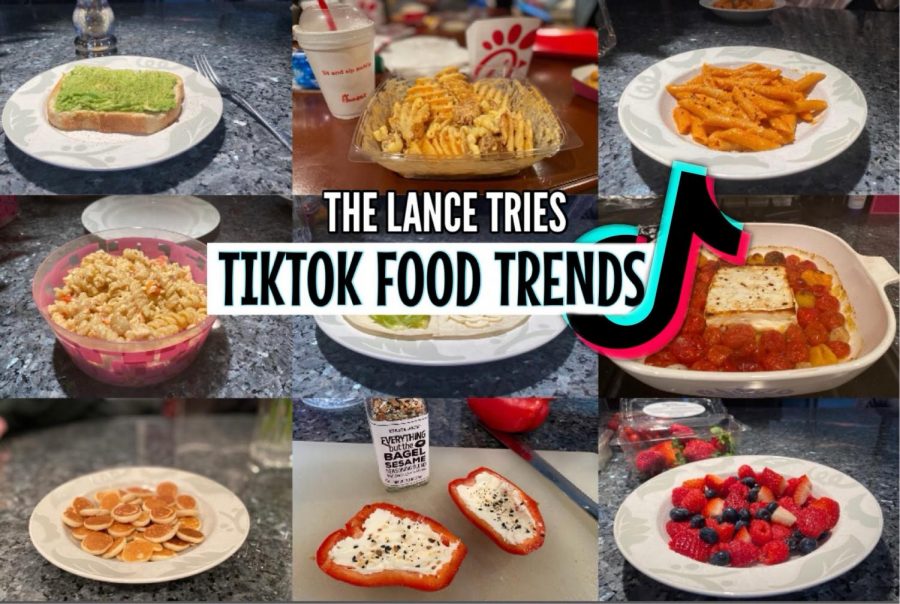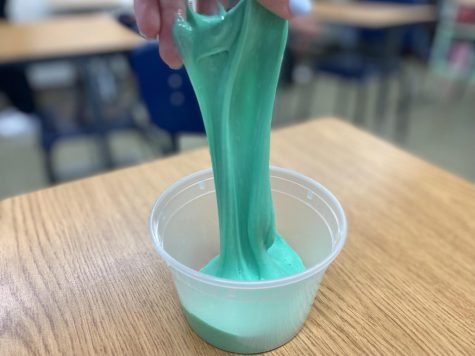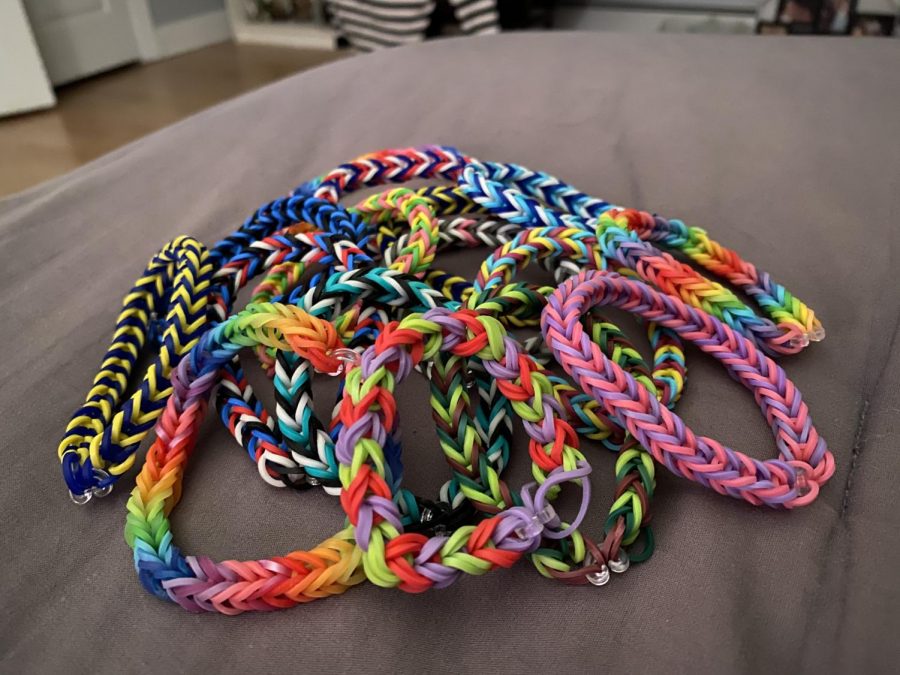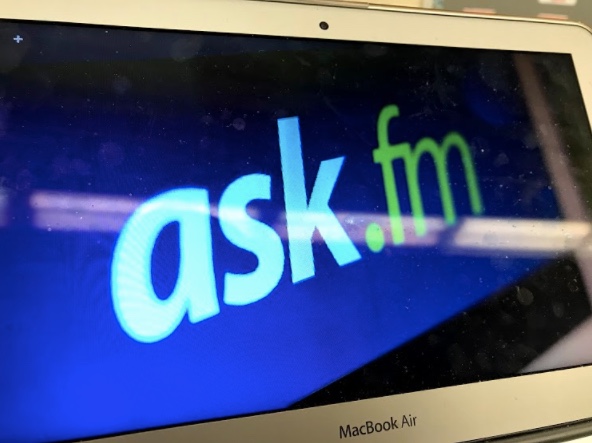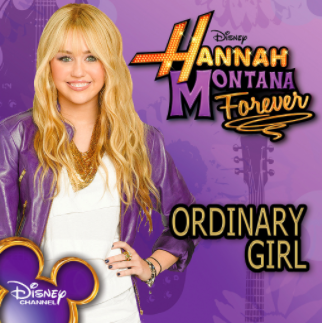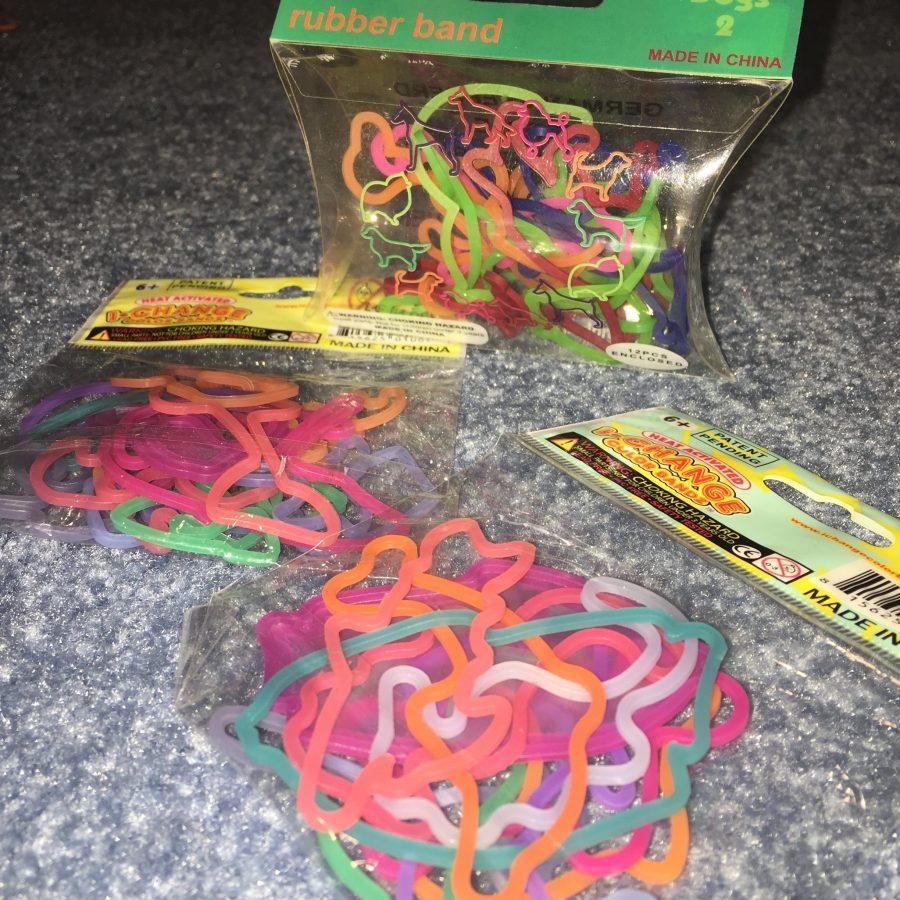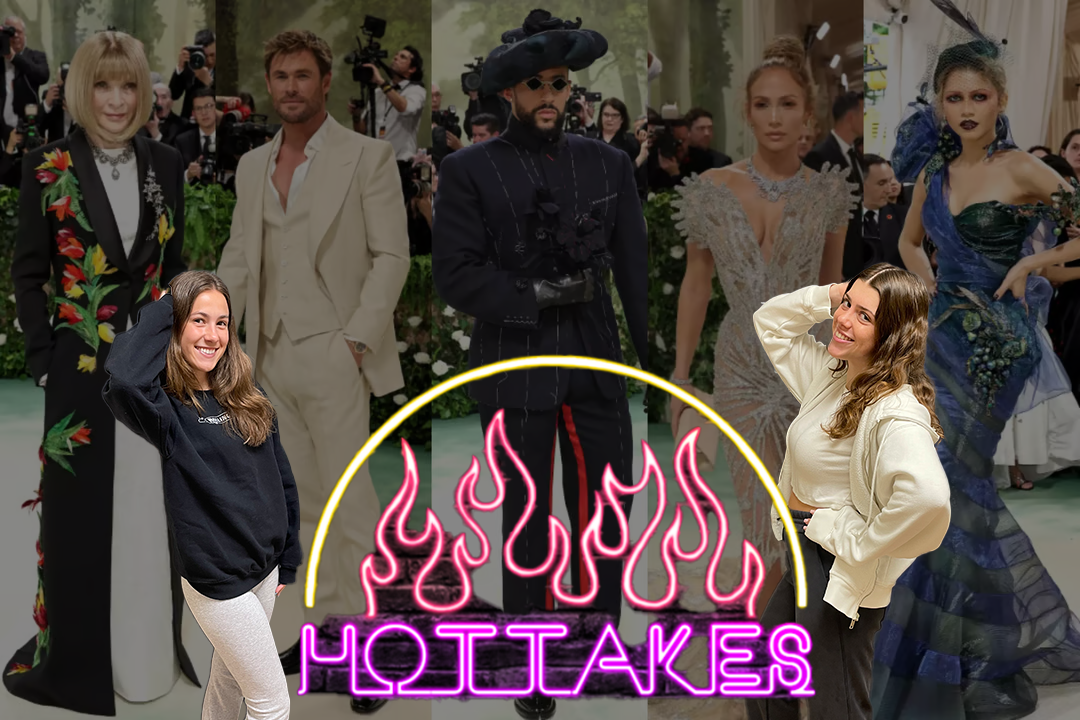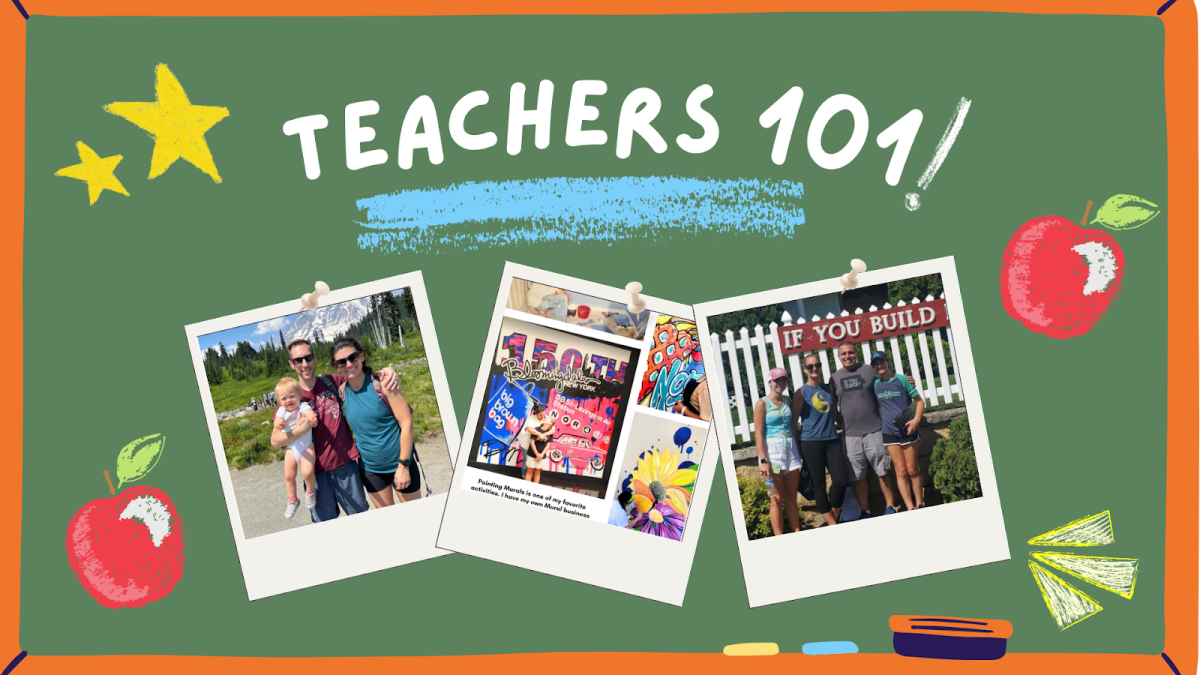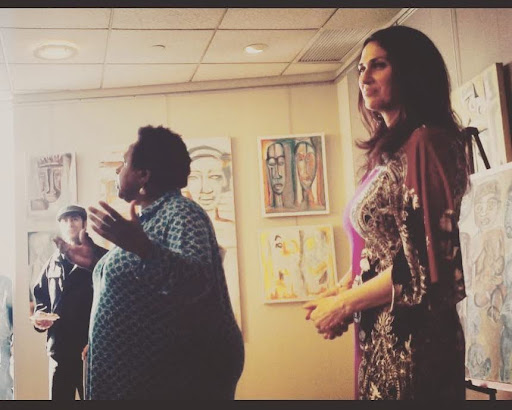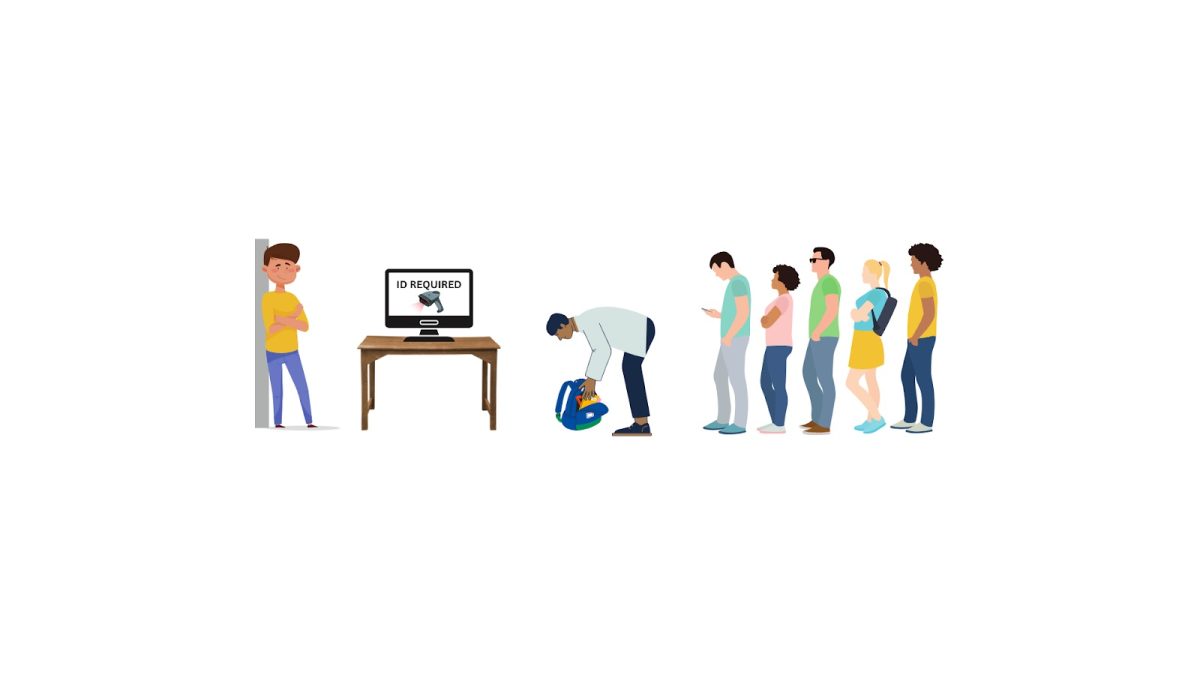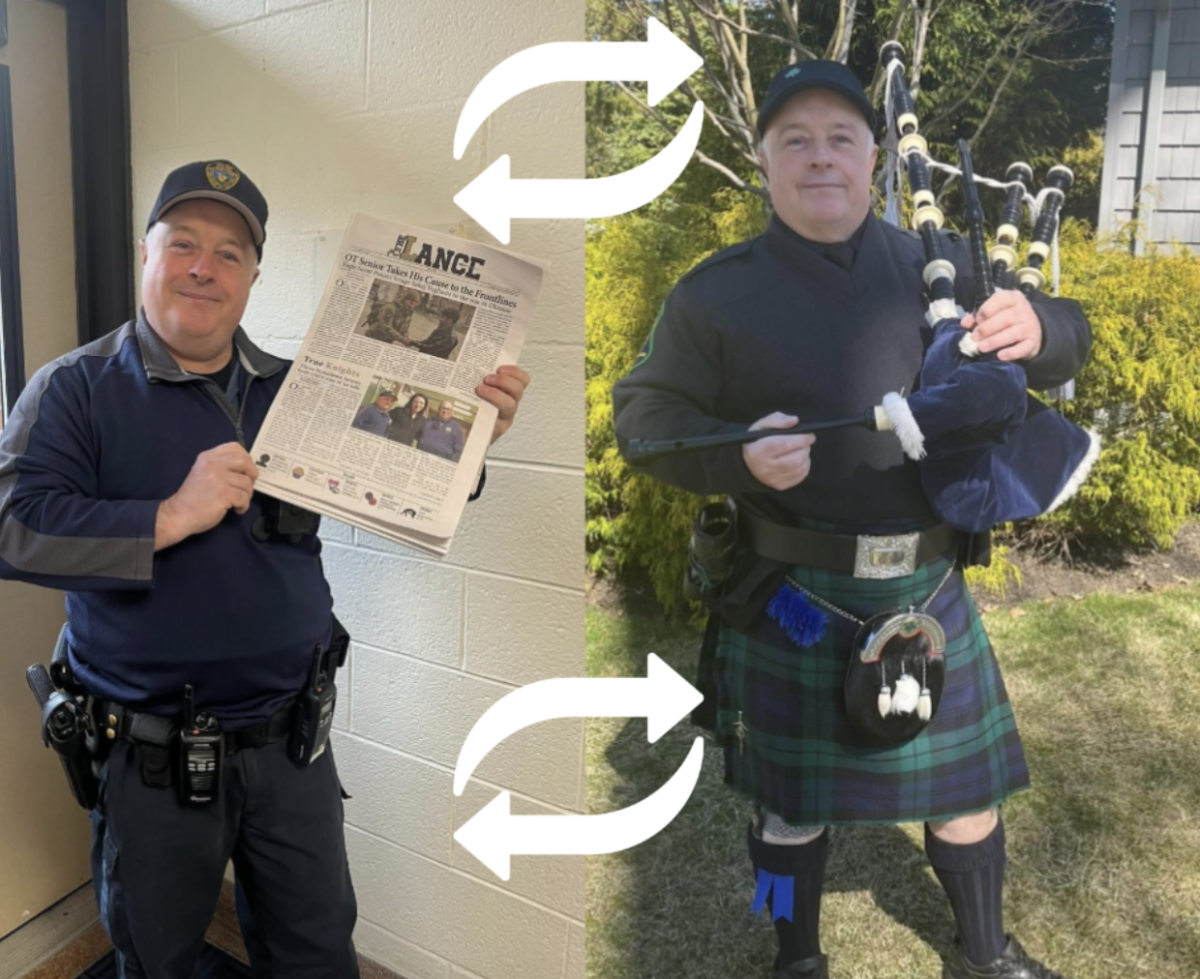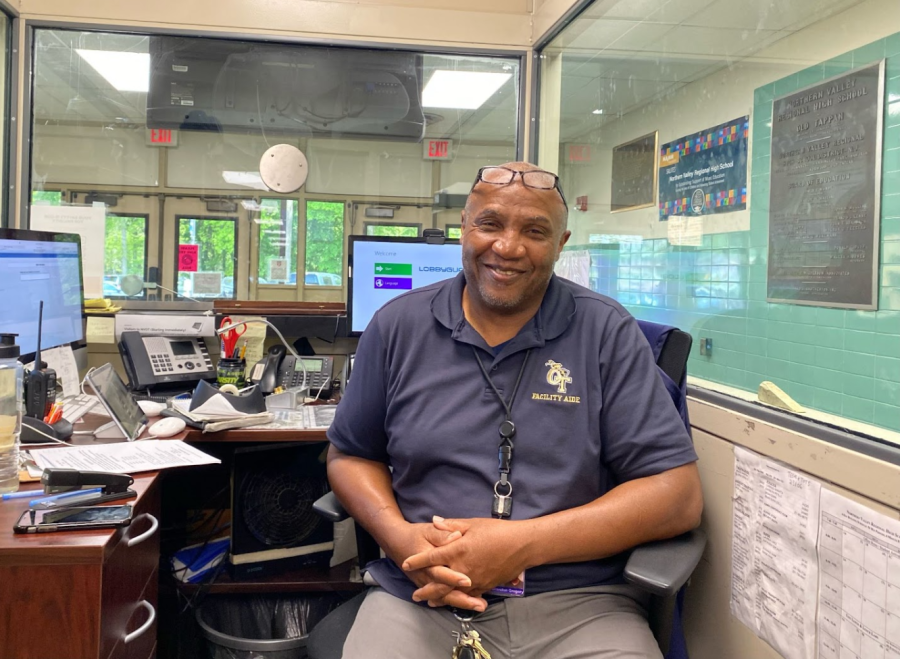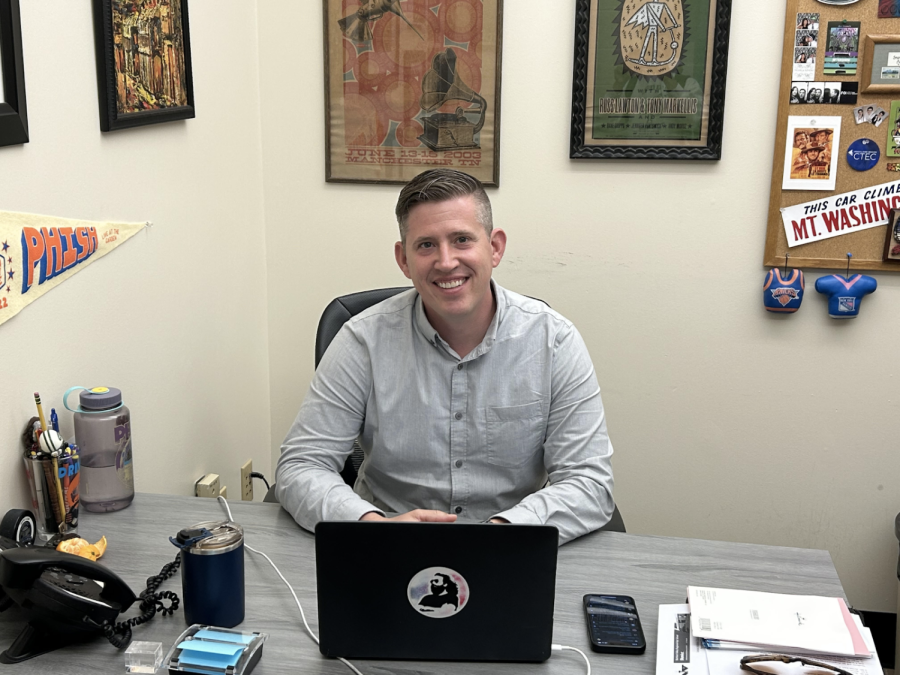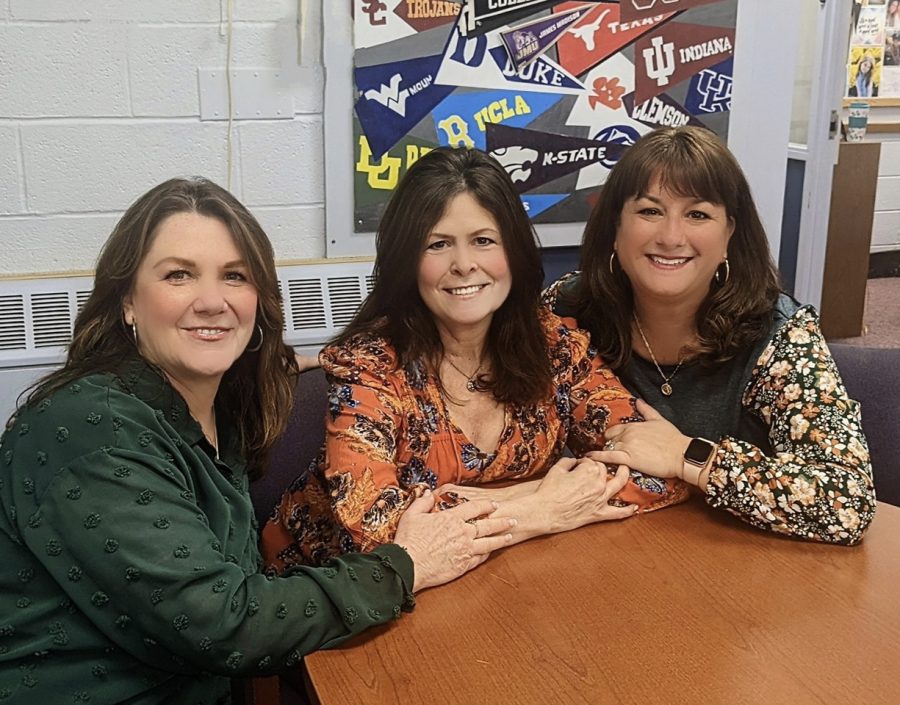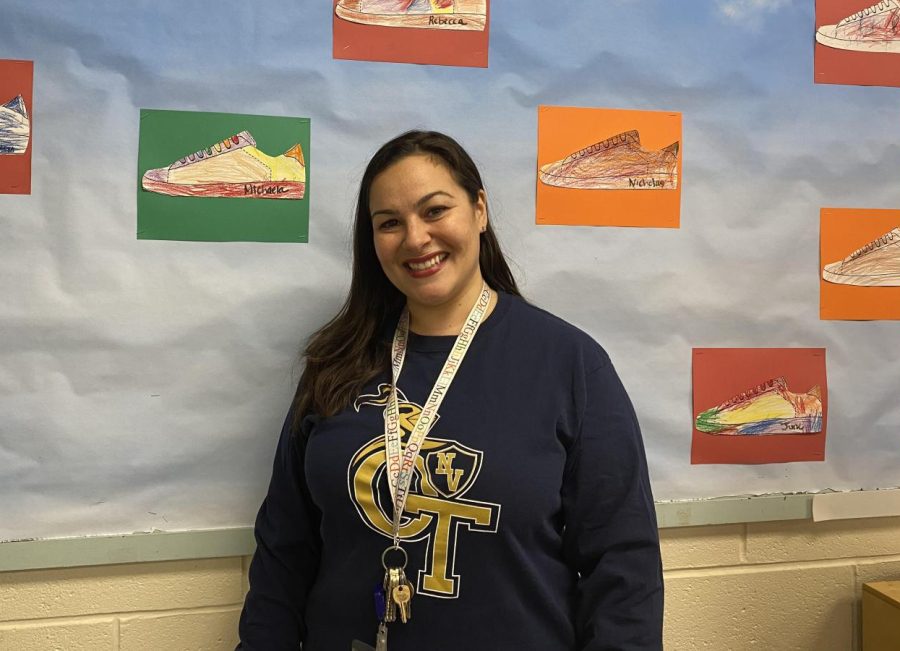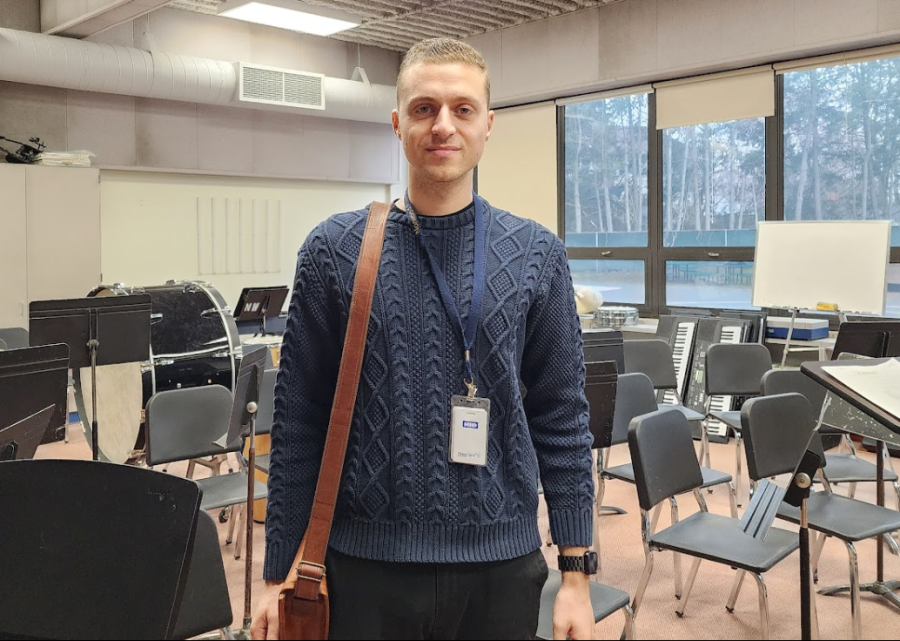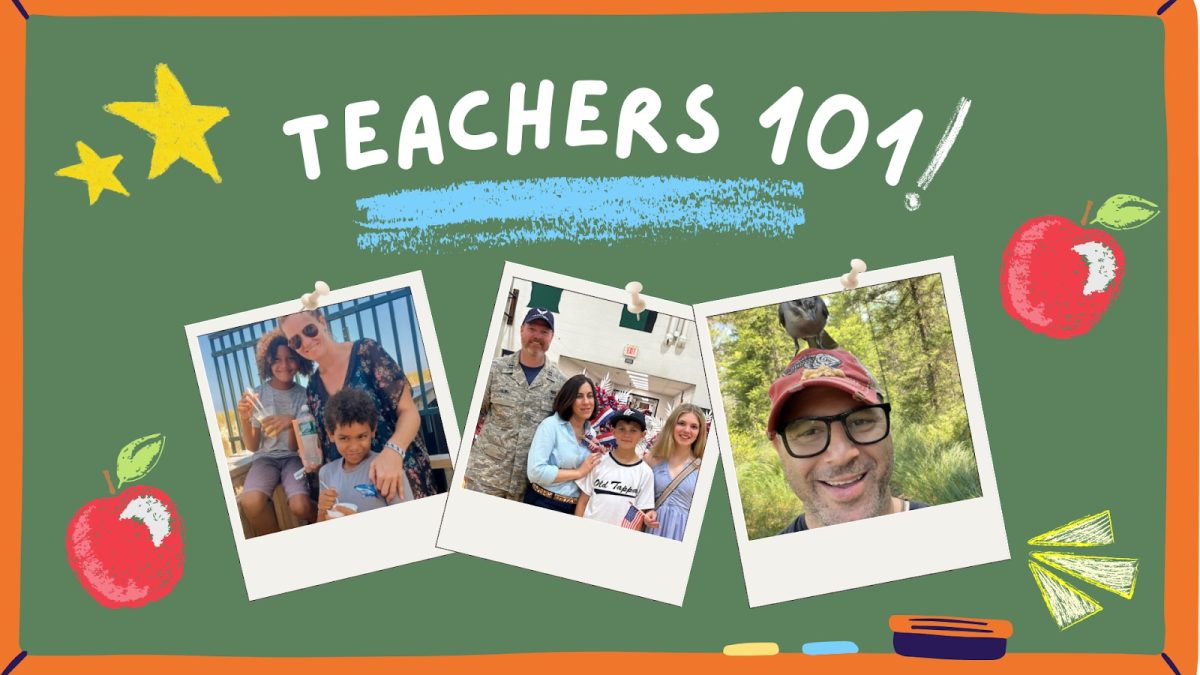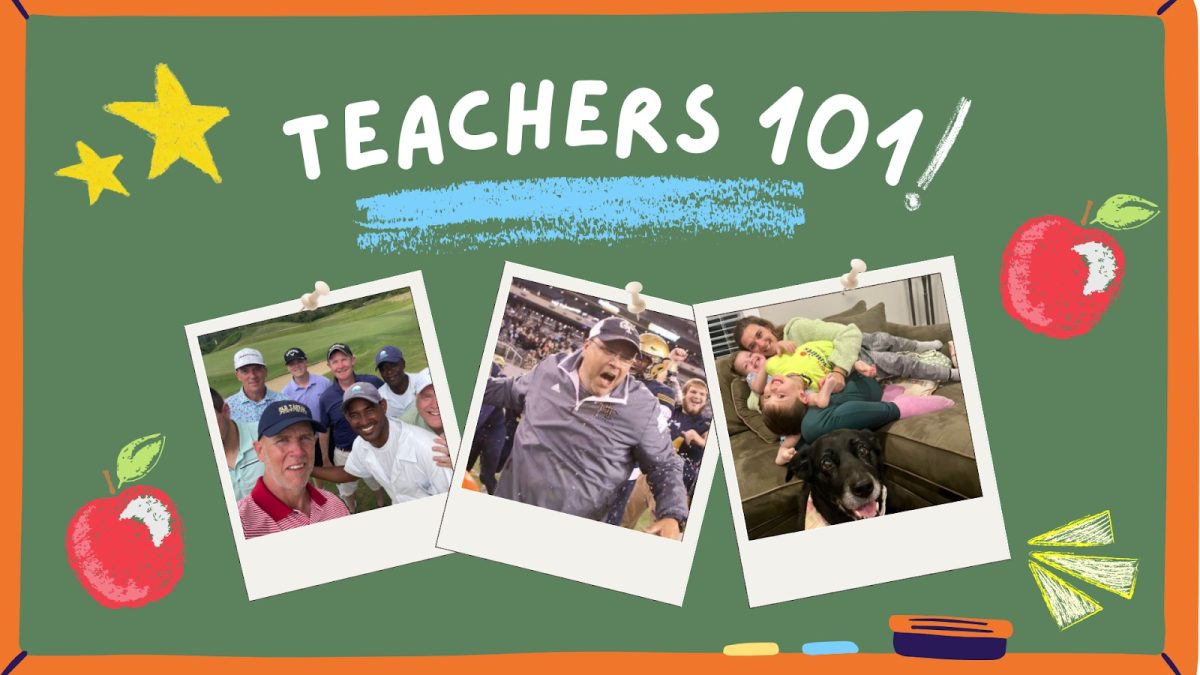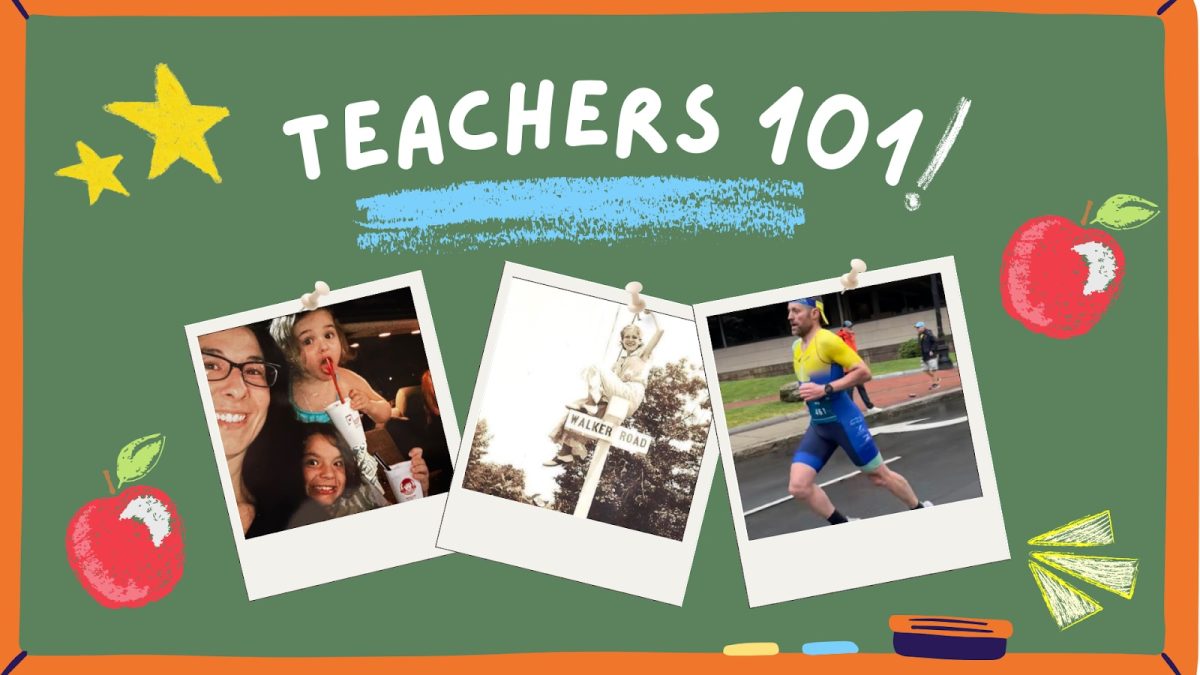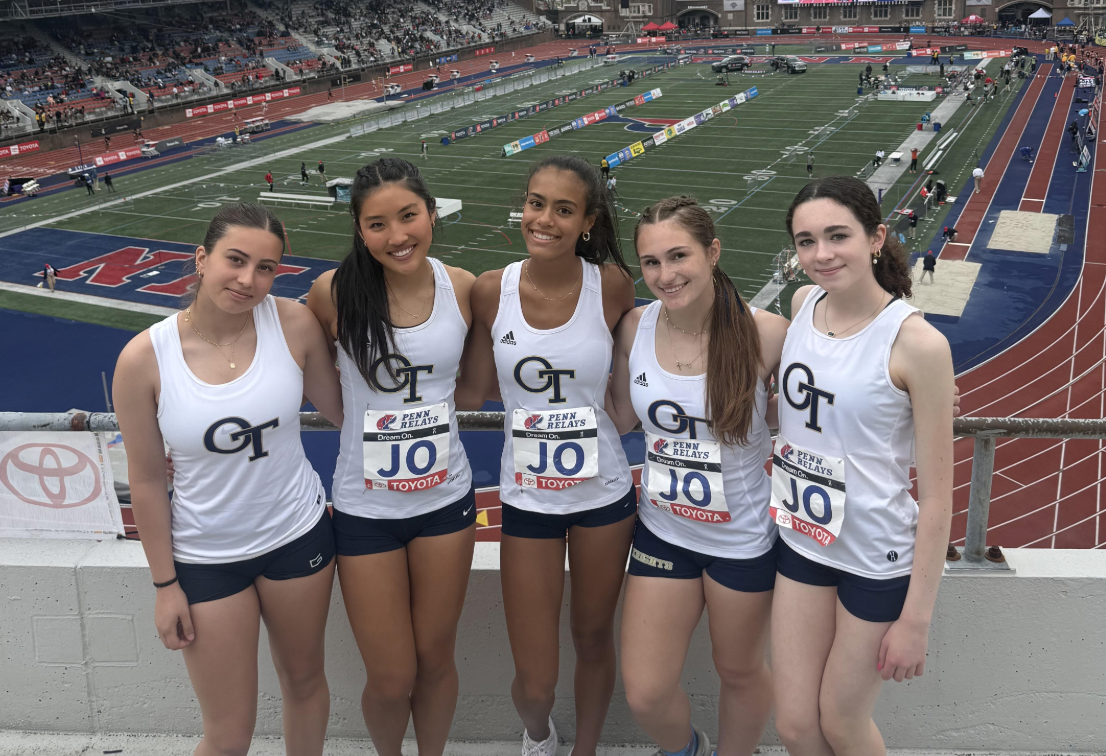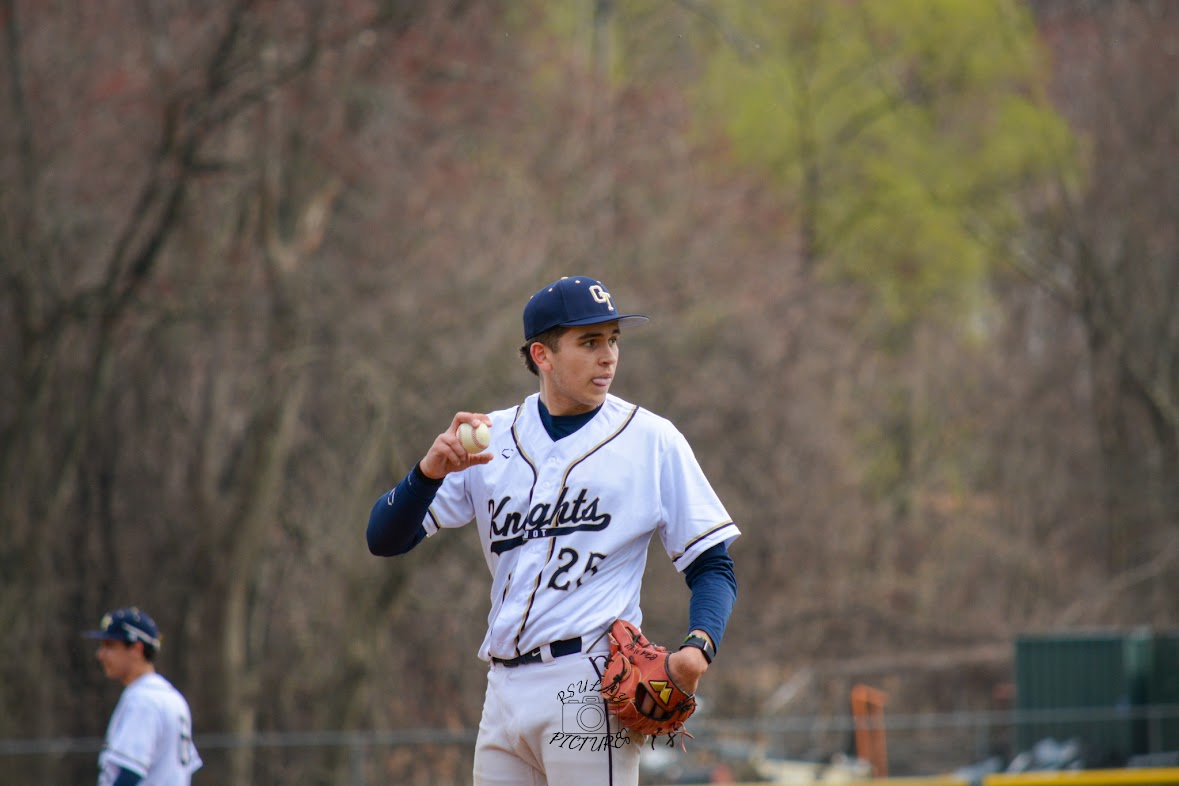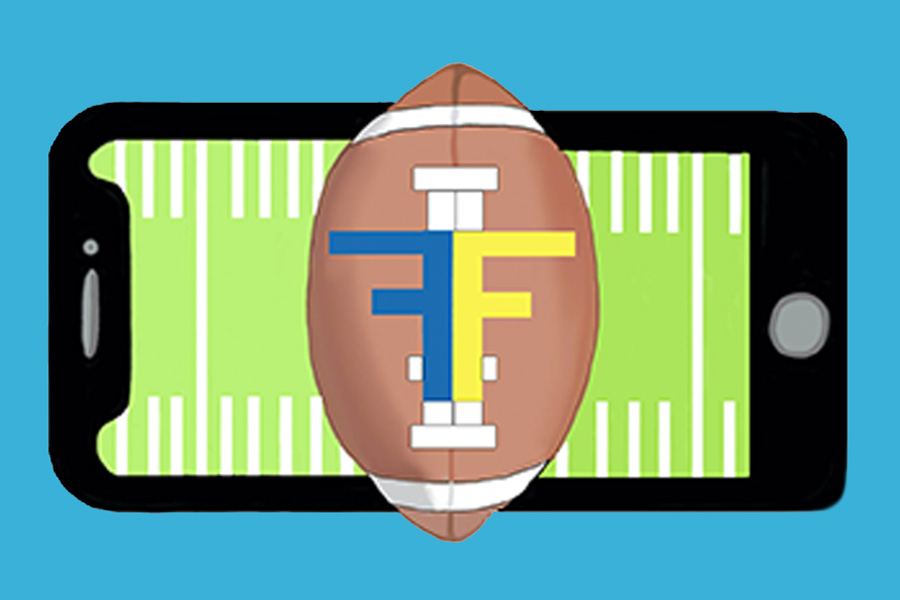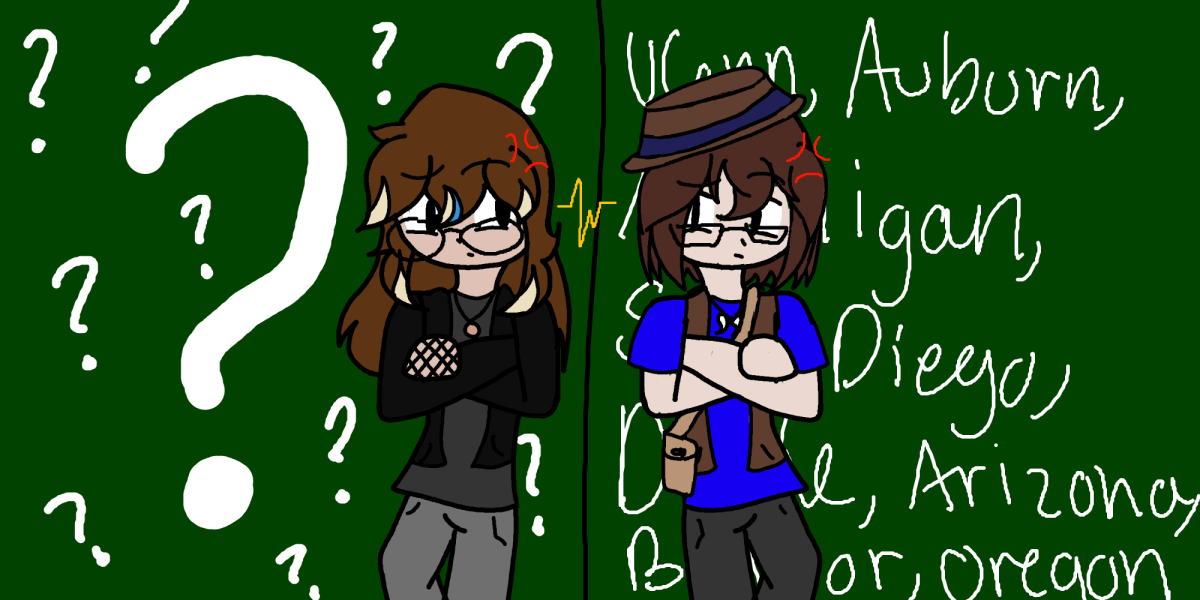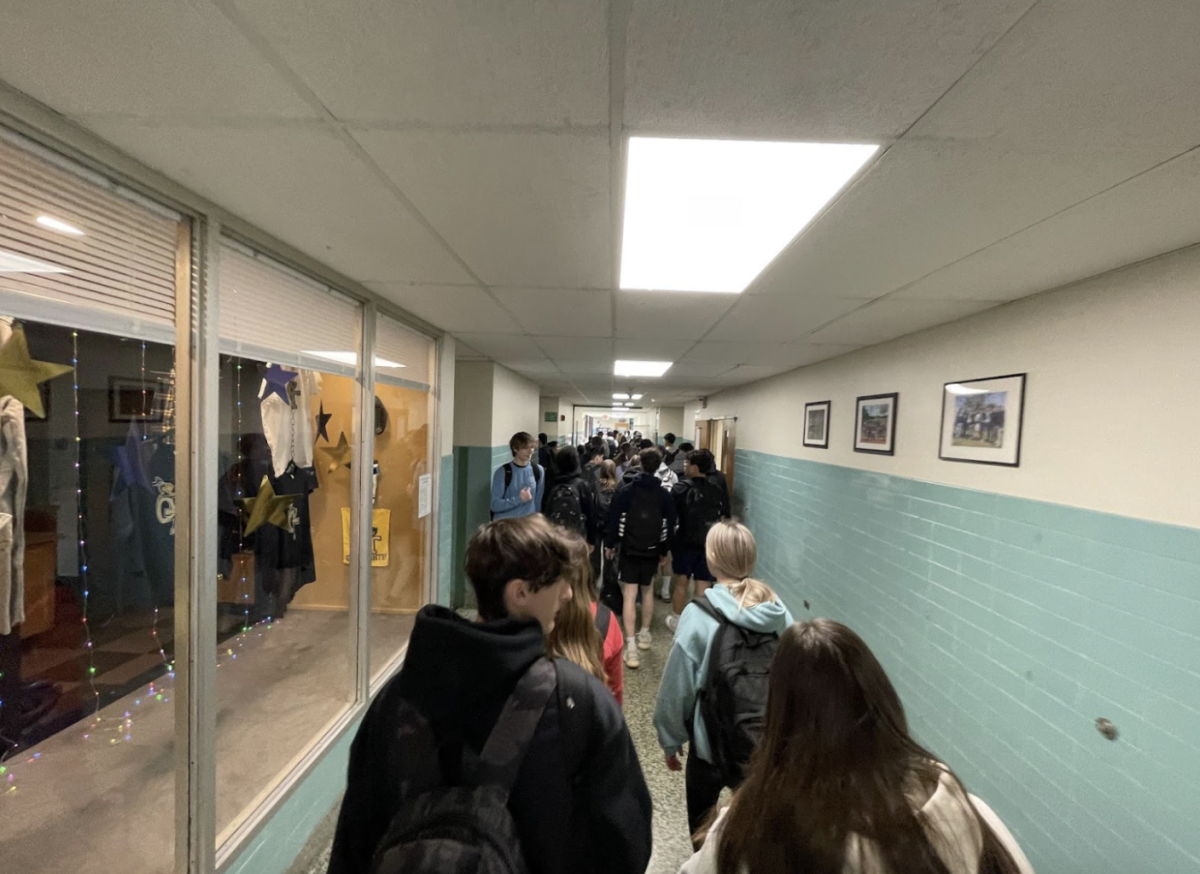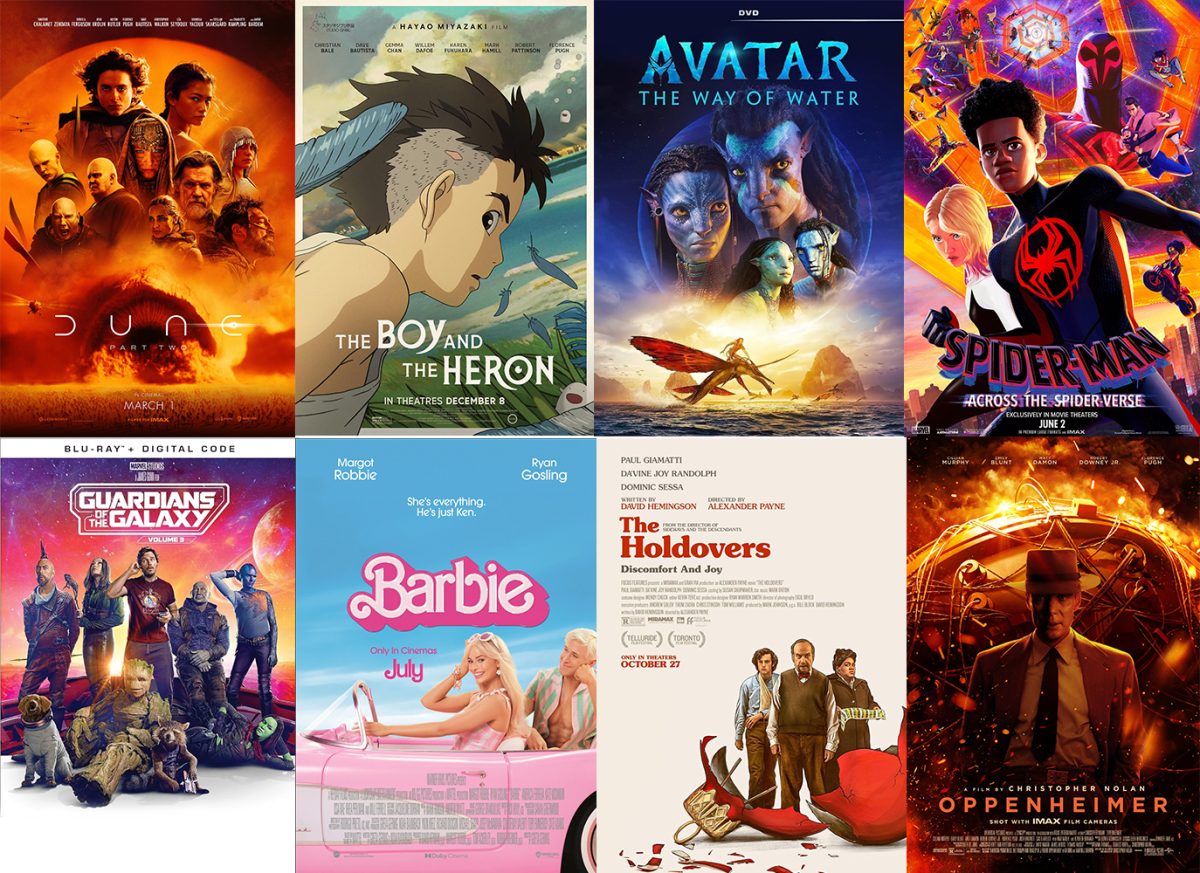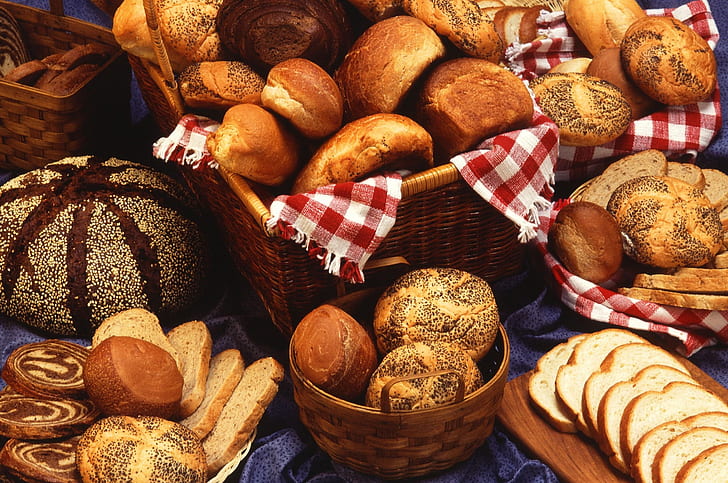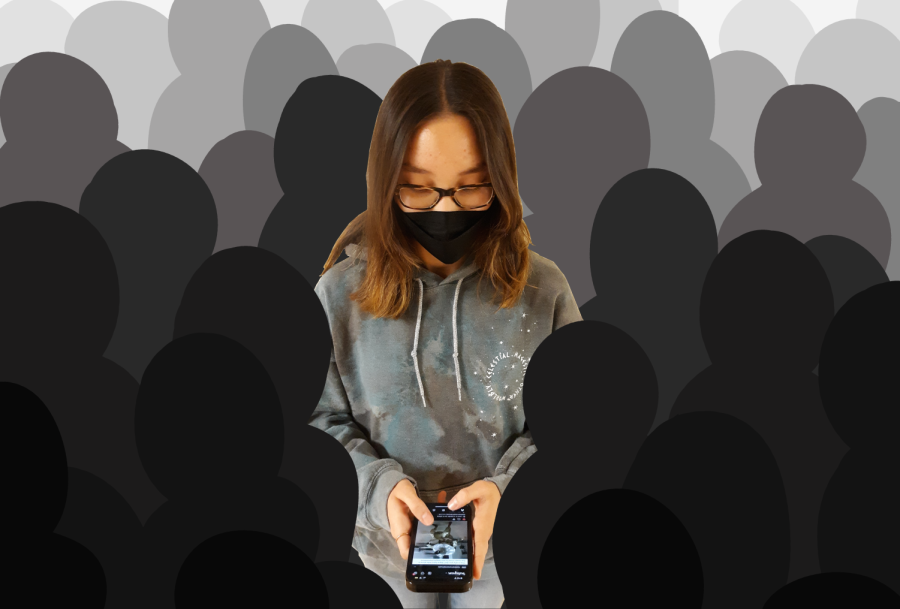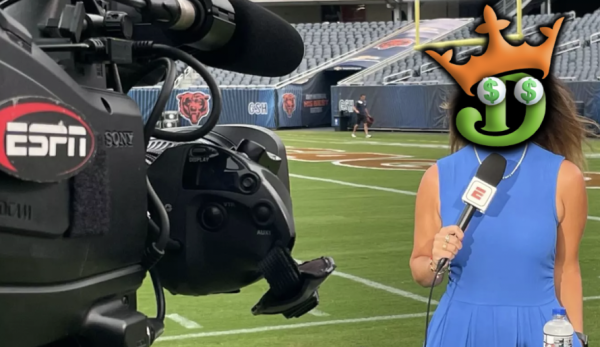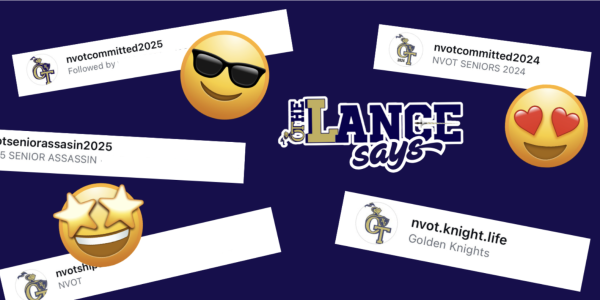Stranger or Stalker?
Do you know your favorite celebrity too well?
Parasocial relationships: completely normal or totally unhealthy?
Think about your favorite influencer or celebrity, whether it’s Beyonce or Charli D’amelio. You probably know more about them than you realize. From their dating history, favorite food, to family lineage—It’s almost like they’re your friend. Almost.
These types of interactions are called parasocial relationships—one-sided relationships in which one person cares obsessively about someone who they don’t know personally— and research suggests that forming them can be a detrimental habit.
During the first major COVID-19 lockdown in March 2020, everyone’s screen time shot up, and the intensity of these parasocial interactions increased along with that. Although this type of relationship has existed for a long time, quarantine has definitely amplified it. Restrictions on real-life social connections combined with so much time spent alone scrolling through TikTok or Instagram caused a growing reliance on influencers and celebrities to fill our social needs.
Since Gen-Z is known for being social media addicts, with 24/7 access to celebrities and influencers, parasocial relationships are more likely to develop and boost fans’ self-esteem as a form of “friendship.”
Now for the question on everyone’s mind: Are parasocial relations healthy?
Honestly, no.
Nobody wants to be rejected—whether that means being left on open or losing a friend— and parasocial relationships can save you from that distressing feeling. But they can also create a false sense of friendship, and are just an extension of your imagination. An influencer with thousands of followers will never specifically pick someone out of a crowd and say that they don’t want that one person to follow them anymore. But at the same time, they’ll never pick a single person for anything. We make up the attention influencers are giving us in order to feel more appreciated and admired. And, if these relationships get out of hand, they can become dangerous–which has the potential to turn into stalker-like behaviors, negatively affecting the quality of real-life interactions.
By depending on parasocial interactions, we form unrealistic expectations. When the people in our real lives don’t live up to the same expectations that we have set for the people on the screen–making no mistakes and fitting that perfect aesthetic–it creates heartfelt disappointment.
These relationships also take up emotional space in our brains, so hearing about a breakup between your favorite influencer and their partner is upsetting, especially after watching their relationship grow. I know I’m not the only one who was heartbroken when David Dobrik and Liza Koshy ended their relationship. Scrolling through YouTube, I saw hundreds of fans’ comments comforting the two YouTubers, as if their fans were actually close friends who have known them for years. Instead of going out and enjoying forming normal, in-person relationships, I was stuck in my house for a day, grieving a couple that I didn’t even know.
Influencers also carry us around in their pockets and take us through everything they do throughout the day, from making breakfast in the morning to doing their skincare routine at night. Hearing about someone’s everyday routine is comforting to many—like a friend who cares enough about you to tell you what they did during their day. These types of videos even further encourage the growing dependence on influencers for social interaction.
Take Emma Chamberlain for example. She’s famous for her vlogs on YouTube, whether it’s a video of her cooking, or simply driving around running errands. Her laid-back, no-makeup, comfy-clothes aesthetic makes her fans feel as though she is letting them into her life, speaking to them one-on-one, even calling them by their first names as if they were actual friends: “Even though Emma has no idea I exist I feel like I can trust her. She’s literally my comfort person,” one user commented.
Social media dominates our daily interactions. But when influencers become our “friends” through a screen, things get kind of tricky. So why do we need to connect with a person through a screen just to feel like we are in a genuine relationship? The simple answer: we shouldn’t.

